
Here is his Wikipedia entry
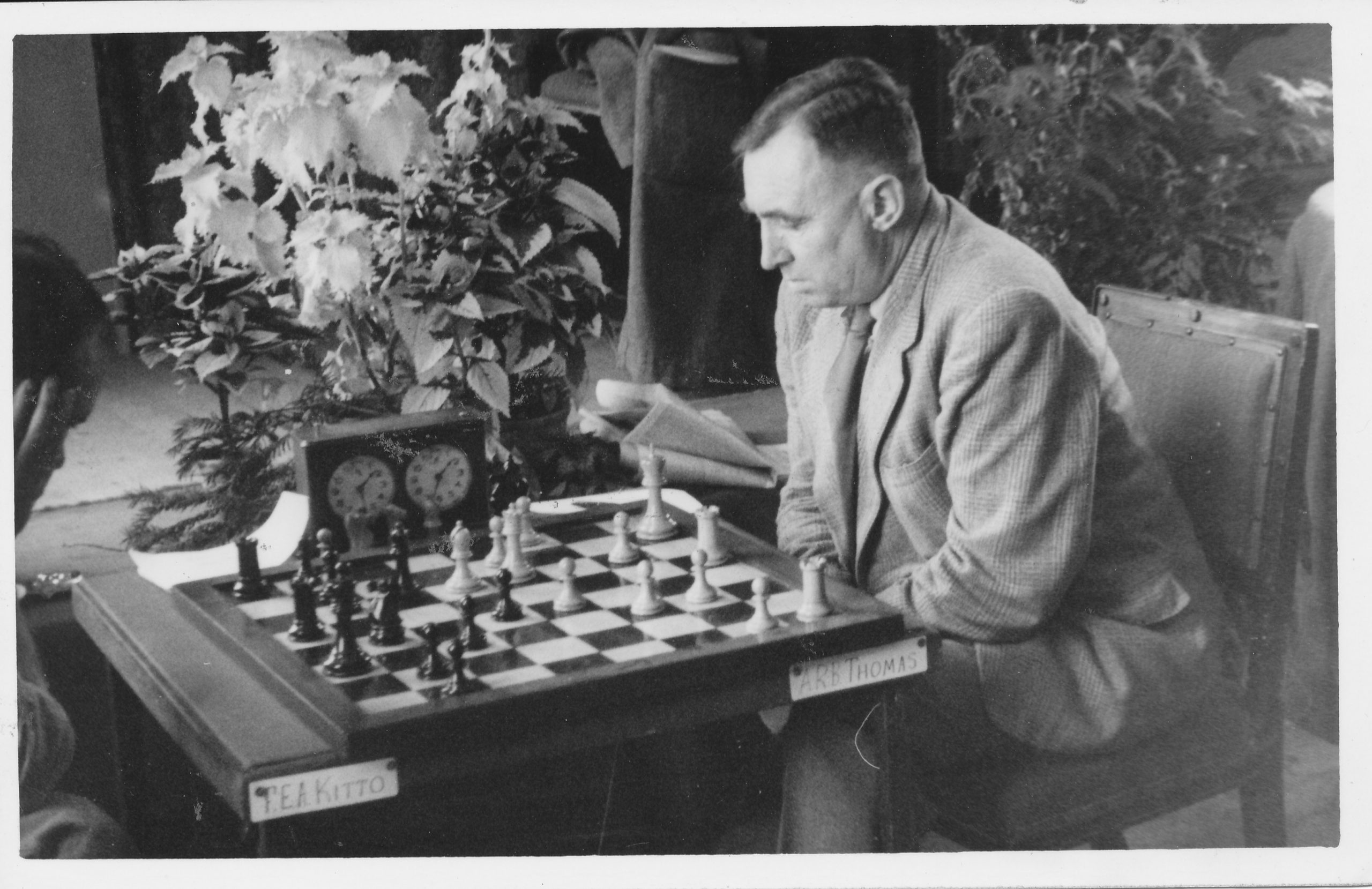
BCN remembers Andrew Rowland Benedick Thomas (11-x-1904 16-v-1985)
We cannot improve on this excellent article about ARBT on the Chess Devon web site
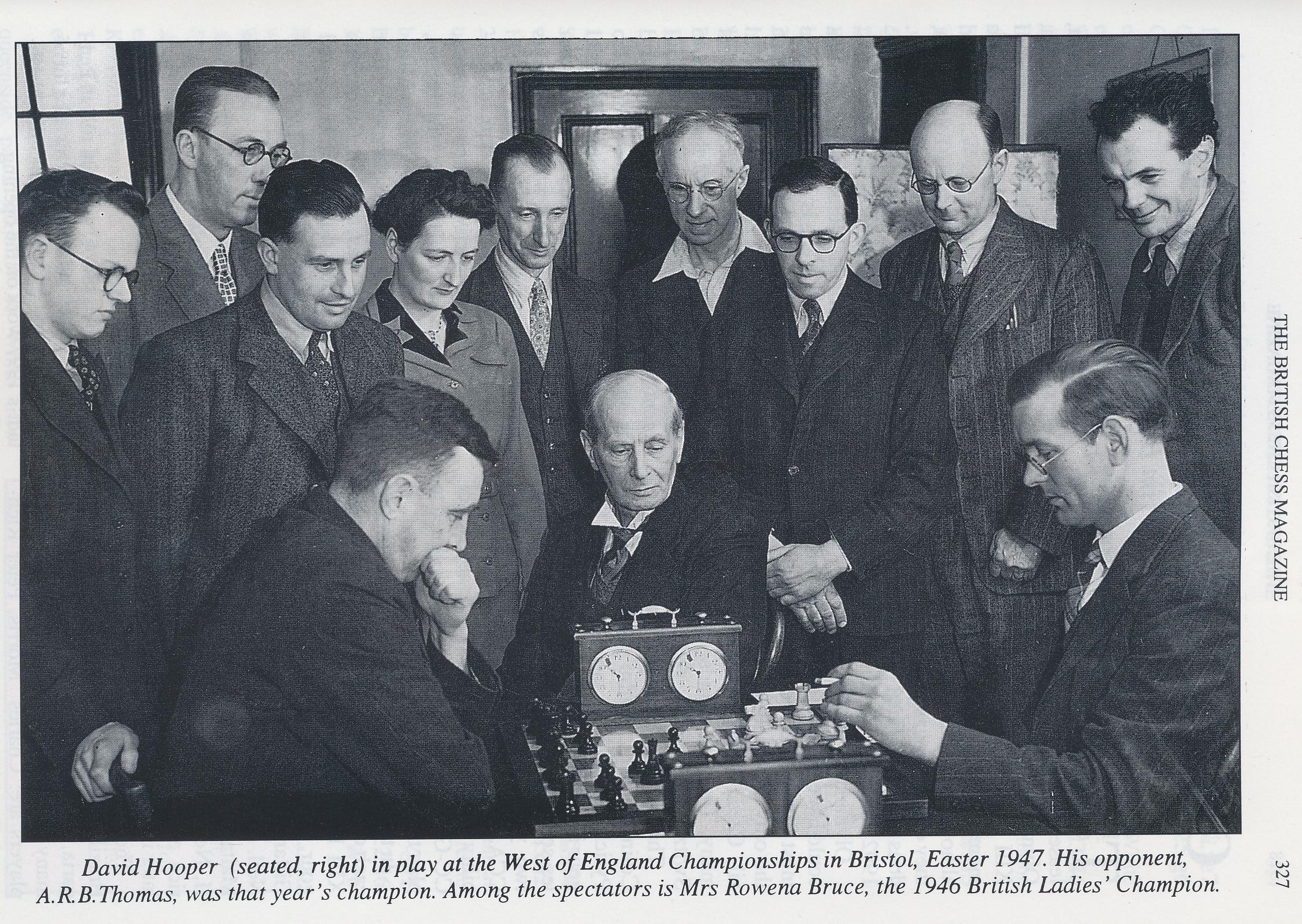

Here is his Wikipedia entry

BCN remembers Andrew Rowland Benedick Thomas (11-x-1904 16-v-1985)
We cannot improve on this excellent article about ARBT on the Chess Devon web site

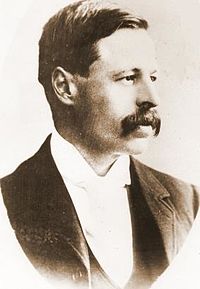
BCN Remembers Charles Dealtry Locock (27-ix-1862 13-v-1946)
From chessgames.com :
“Charles Dealtry Locock was born in Brighton, England. He won the British Amateur Championship in 1887 (after a play-off) and passed away in London.”
From Wikipedia :
“Charles Dealtry Locock (1862 – 1946) was a British literary scholar, editor and translator, who wrote on a wide array of subjects, including chess, billiards and croquet.[1]”
From The Oxford Companion to Chess by Hooper & Whyld :
The Locock Gambit is in the Philidor Defence, named after the English player Charles Dealtry Locock (1862 – 1946). The gambit is probably sound; Black should play 4…Be7 instead of 4…h6
Here are some studies from aarves.org
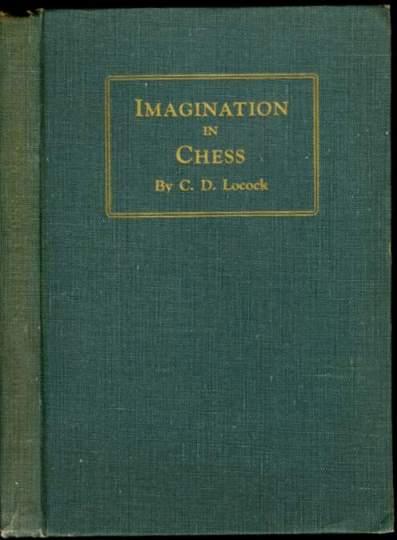
James Pratt informs BCN that CDL was an early trainer of Elaine Saunders. See here for more.
From The Chess Bouquet, (1897), page 212 : (taken from chessgames.com)
“Perhaps many players who are inclined to pooh, pooh the efficacy of problem training will be surprised to find that such an expert player, as Mr. Locock has proved himself to be, is equally at home in the sister art. Yet such is the case, and although his fame rests chiefly upon his many brilliant victories in cross-board encounters, the strategetic qualities of his compositions, and the ease and facility with which he penetrates the inmost recesses of problem, have secured him place in the foremost ranks of British problemists. Born in 1862, and educated at Winchester College and University College, Oxford, Mr. Locock early displayed fondness for chess, and for five years he played for Oxford v. Cambridge.
In 1887 he won the amateur championship tournament of the British Chess Association without losing game. In the Masters’ International Tournament, held at Bradford in 1888, he scored seven antl half games against very powerful array of talent. The Masters’ International Tournament, held at Manchester, in 1890, found him somewhat below par, but in 1801 he won the British Chess Club Handicap without losing game. In 1892 he tied with Bird for fourth prize in the National Masters’ Tournament. Emanuel Lasker (then rapidly forcing his way to the throne, so long and honourably held by Wilhelm Steinitz) won the first prize, with score of nine James Mason second, seven and half; Rudolph Loman third, seven and Messrs. Bird and Locock six and half each. Seven others competing.
During the past four years Mr. Locock has played some twenty-six match games without losing one. In team matches he has only lost one since 1886. These include the two telephone matches, British Chess Club v. Liverpool and also the cable match, British Chess Club v. Manhattan Club, 1895, when Mr. Locock, at board three, drew with Mr. A. B. Hodges; and the cable match, British Isles v. United States, March, 1896, when Mr. Locock again drew his game with Mr. E. mes on board five.
Partially owing to want of practice, Mr. Locock is gradually retiring from serious chess, although we trust many years will elapse ere he finally says good-bye to the scene of his triumphs. Life is generali) voted too short for chess, yet, in addition to the sterling work already alluded to, Mr. Locock has found time to edit the well-known excellent chess column in Knowledge, and enrich the already huge store ot problems with many stategetical positions. His “Miraculous Adjudicator” and Three Pawns ending, published in the B.C.M., having been greatly admired by connoisseurs.
Mr. Locock has favoured us with few humorous remarks on what he terms the vice of problemmaking,” and with these we conclude our sketch of perhaps the strongest living amateur player-problemist “
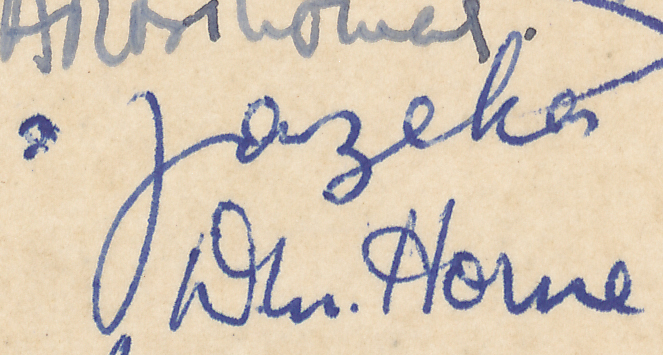
BCN remembers Dr. IM István (Stefan) Fazekas who passed away in Buckhurst Hill, Essex on Wednesday, May 3rd, 1967 and the death was recorded in the district of Redbridge.
The probate record of June 7th, 1967 is thus:

István Fazekas was born in Satoraljaujhely, Hungary on Wednesday, March 23rd 1898. He adopted the name Stefan subsequently. Satoraljaujhely is very much on the Hungary – Czechoslovakian border and records for Fazekas variously show both countries as his country of birth.
The September 1939 register records Stephen Fazekas as being married, a refugee, and a general practitioner living with his wife Helen (born 17th July 1900) at 21, Old Gloucester Street, Bloomsbury, Camden, London WC1. The “household” had a total of fourteen residents and this building in 2021 appears to be part of the Mary Ward Centre and presumably was providing temporary accommodation.
The 1948 London Gazette records that on June 16th he lived at 281 Buckhurst Way, Buckhurst Hill, Essex and that he and Helen had a son, George. On this day Stefan was granted UK naturalisation following the swearing of an oath of allegiance:

The above notice is further validated by the official record stored at The National Archive, Kew, reference HO 334/234/4061.
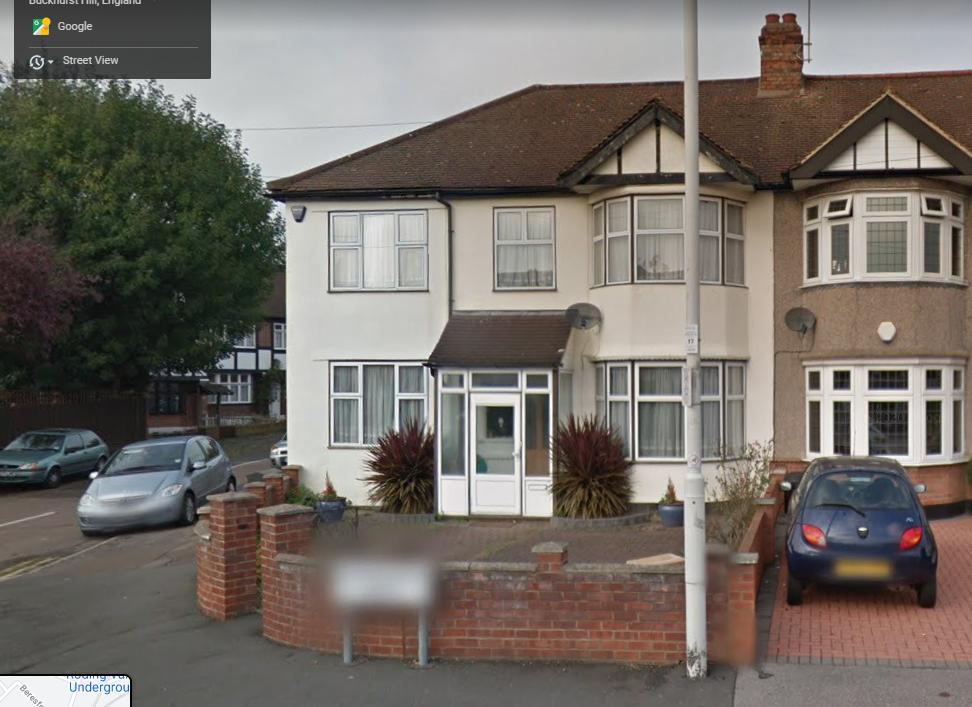
From British Chess Magazine, Volume LXXXVII, Number 7 (July), pages 195-6 we have an obituary written by Peter Clarke :
The death of Dr. Fazekas on May 3rd has deprived British chess of one of its leading and most colourful figures. Ever since he came to this country nearly thirty years ago he took an active part, in the game at all levels, from club to international, rarely missing the chance – even when not in the best of health- to test his strength in competition and express his ideas afresh.
Stefan Fazekas was born on March 23rd, 1898, at Sitoraljaujhely on the Hungarian-Czechoslovak border, but it was not until a few years after the Great War, in which he served and was wounded, that he got the opportunity to play serious tournament chess. By present-day standards, however, events were few and far between, and the game always had to take second place to his medical work.
The Doctor’s best international performances, for which he was later awarded the master title by F.I.D.E., came in the ‘thirties. In 1931, for instance, he was 2nd at Kosice, 3rd at Brno and 3rd at Prague. As it remained throughout his career, his play was excessively variable: fine conceptions were always liable to be ruined by blunders or impetuosity. The following game, played at Munchentratz in 1933, shows all going well; it earned inclusion in Le Lionnais’ anthology Les Prix de beauté aux échecs.
In 1939 Dr. Fazekas brought his family to England and established himself as a successful and much loved G.P. at Buckhurst Hill, Essex. He soon took a dominating part in county chess and went on to win the championship eleven times. In national events his inconsistency seemed too great a handicap, but at Plymouth in 1957, after so many tries, he astounded everyone by winning the British Championship in front of, among others, Alexander and Penrose.
(Ed. He was the oldest person to win the British Championship at 59 years of age.)
The next year fate struck him a cruel blow when he was left out of the B.C.F. team for the Munich Olympiad. Yet after returning the trophy in protest he overcame his bitterness and took his place once more in the championship tournament-he could not resist the thrill of the struggle.
(Ed. The Selection Committee was: RJ Broadbent (Chairman), CHO’D Alexander, RWB Clarke, WA Fairhurst, Dr. S. Fazekas, H. Golombek, JH van Meurs, and AF Stammwitz (Secretary).)
Knowing that his best over-the-board days were behind him, the Doctor decided to go in for correspondence chess in 1959, and he at once found himself surprisingly at home in it. Here his old weaknesses could be set aside and his vast experience put to good use. Moreover, his great love for chess enabled him to devote hours of work to the analysis of a single move if necessary.
His rapid successes in this field won him a place in the Semi-Finals of the 5th World Correspondence Championship (where he finished 4th out of 14) and led to his being chosen as Board 1 for the British team in the 5th Olympiad. On the results of these events he was awarded the title of international C.C. master. That he deserved it may be judged from this fine strategic win against a grandmaster (C.C.) opponent in the individual tournament.
At the time of his death Dr. Fazekas had made a score of 5 out of 7 in the Olympiad Final and was still engaged with Zagorovsky of the U.S.S.R., a performance which showed his correspondence play to be close to grandmaster standard. And to end one’s days actually playing a World Champion is a distinction which I am sure would have appealed to this Doctor’s rich sense of humour.
While Dr. Fazekas’ social work as a humanist was for the peace of the world, in chess he was noted as a great fighter, in some ways reminiscent of Lasker. There was no retirement for him.
At Ilford in 1965 and 1966 he eagerly took on and held his own with a generation fifty years his junior, and this year he had once again qualified to play in the British Championship. The tournament at Oxford will not seem quite the same without him. I and his many friends will miss his wit and ebullience, his generosity, his love of life and chess.-P. H. C.
From The Encyclopaedia of Chess (Batsford, 1977), Harry Golombek OBE:
“International Master and British Champion 1957. A dangerous attacking player but weak in positional play. Fazekas was born at Satoraljaujhely on the Hungarian-Czechoslovakian border. In the earlier part of his career he was Czechoslovak. This period comprised his international career and he was awarded the title of international master many years later after he had emigrated to England in 1939.
It was his results in 1931 that gained him the title: 2nd at Kosice, 3rd at Prague and 3rd at Brno ahead of Honlinger, Mikenas, Noteboom and Rellstab.
In England he became much-respected general medical practitioner, and was therefore really an amateur at chess since he devoted himself to his profession. But he played much club and county chess and was eleven times champion of his county, Essex.
In 1957, almost out of the blue, he won the British Championship in a strong year that included Penrose and Alexander.
He played a number of times in the championship after that, but never looked like gaining the title since increasing years took their toll. He was in fact the oldest player ever to have won the British Championship.
In 1959 he took up correspondence chess and became an international correspondence chess master.”
From The Encyclopaedia of Chess (Robert Hale, 1970 & 1976), Anne Sunnucks:
“International Master (1953), International Correspondence Chess Master and British Chess Champion in 1957.
Fazekas was born in Satoraljaujhely on the Hungarian-Czechoslovakian border, on 23rd March 1898. He was awarded the title of International Master for his performances in the 1930s, which included 2nd at Kosice 1931; 3rd at Brno 1931 and 3rd at Prague 1931.
In 1939 he emigrated to England, where he practised as a general medical practitioner at Buckhurst Hill in Essex. Chess always took second place to his profession, and his tournament appearences were limited. He played regularly in county and club events and was 11 times champion of Essex.
In 1957, to everyone’s surprise, he won the British Championship, ahead of such players as Penrose, Alexander, Clarke, Wade and Milner-Barry. Shortly after this victory came a bitter blow to Fazekas when he was not selected as a member of the British Chess Federation team for the 1958 chess Olympiad at Munich.
Fazekas returned the championship trophy in protest at his exclusion and the controversy over whether he should or should not have been selected raged for many months.
Dr. Fazekas’s love of chess eventually overcame his resentment and he continued to appear regularly in the British Championship, but never again repeated his success.
In 1959, he took up correspondence chess and reached the semi-finals of the fifth World Correspondence Chess Championship and was selected to play on top board for the British team in the Fifth Correspondence Chess Olympiad. This event was still in progress at the time of this death. He died on 3rd May 1967, at his home in Buckhurst Hill.”
Dr. Fazekas was Southern Counties (SCCU) Champion twice in 1951-2 and 1952-53.
In his early days he was a successful composer of problems:
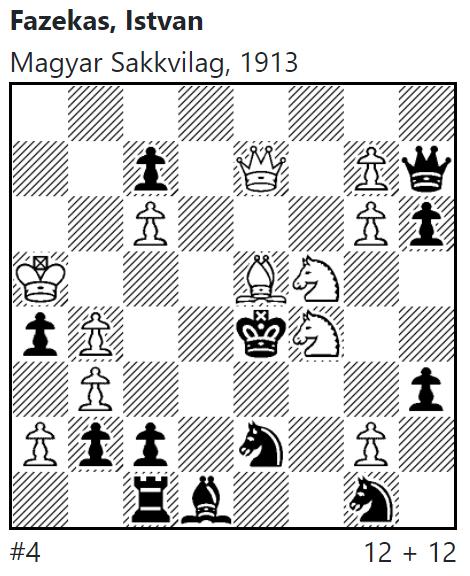
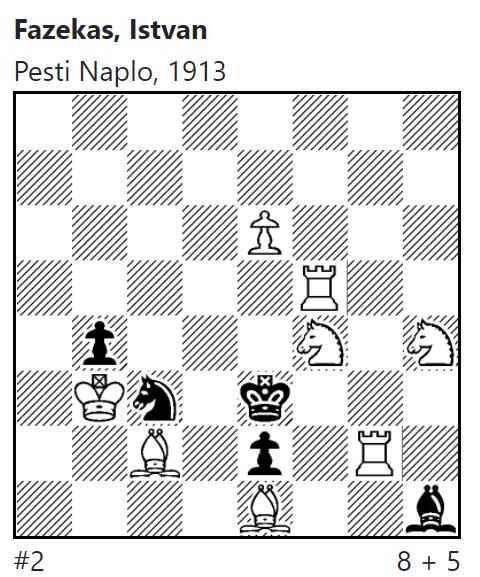
From Chessgames.com :
“Dr Stefan (ne Istvan) Fazekas was born in Satoraljaujhely, Hungary. Awarded the IM title in 1953 and the IMC title in 1964, he was British Champion in 1957 and is the oldest player ever to have won the title. He passed away in 1967 in Buckhurst Hill, Essex, England.”
In Edward Winter’s Chess Notes there is a note from Leonard Barden concerning SFs spoken English (under Chess Note #10361)
Here is his brief Wikipedia entry
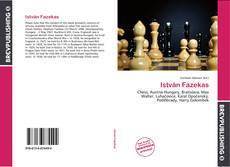
BCN remembers David Hooper who passed away in a Taunton (Somerset) nursing home on Sunday, May 3rd 1998. Probate (#9851310520) was granted in Brighton on June 24th 1998.
Prior to the nursing home David had been living at 33, Mansfield Road, Taunton, TA1 3NJ and before that at 5, Haimes Lane, Shaftesbury, Dorset, SP7 8AJ.
For most of the time between Reigate and Shaftesbury David lived in Whitchurch, Hampshire.
David Vincent Hooper was born on Tuesday, August 31st 1915 in Reigate, Surrey to Vincent Hooper and Edith Marjorie Winter who married in Reigate, Surrey in 1909. On this day the first French ace, Adolphe Pégoud, was killed in combat. He had scored six victories.
David was one of six children: Roger Garth (1910-?), Edwin Morris (1911-1942), Isobel Mary (12/01/1917-2009), Helene Edith (1916-1982) and Elizabeth Anne Oliver (1923-2000) were his siblings.
David attended Whitgift School, Croydon, and (thanks to Leonard Barden) we know that “although there was no chess played there in his time he was proud of later accomplishments and often wore an Old Whitgiftians tie, especially for posed photos including this article’s title image and the one in the Chess Notes article by Edward Winter (see the foot of this article).
Recorded in the September 1939 register David was aged 24 and living at 94, High Street, Reigate, Surrey:

In 2021 this property appears to be a flat (rather than bridge) over the River Kwai Restaurant:
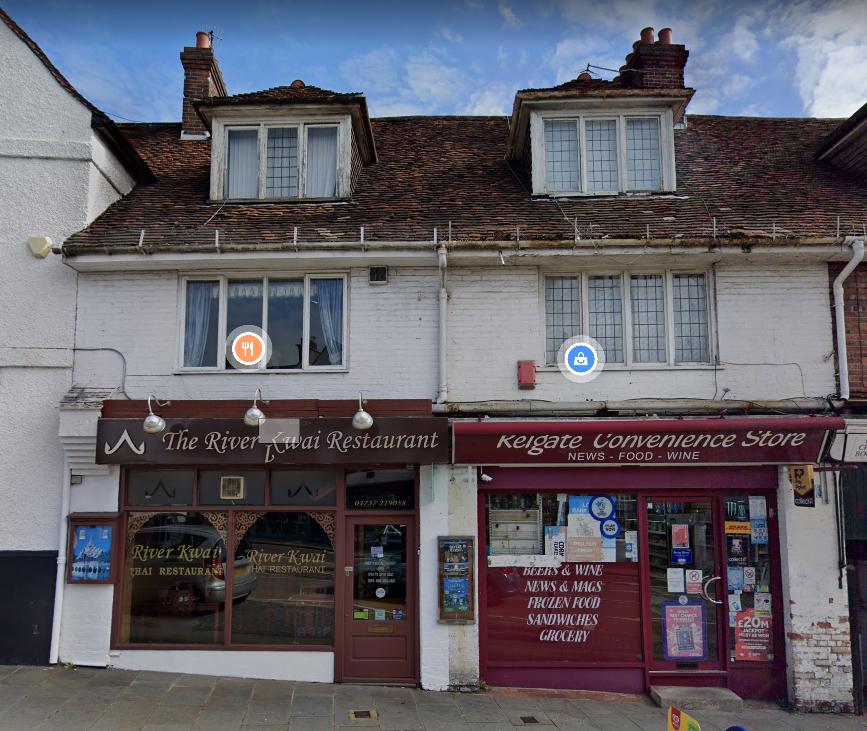
Living with David was his sister Isobel who was listed a “potential nurse”. David’s occupation at this time was listed as Architectural Assistant and he was single. We think that three others lived at this address at the time but they are not listed under the “100 year rule”. We know that David was also a surveyor and went on to attain professional membership of the Royal Institution of British Architects (RIBA).
In the Bath Chronicle and Weekly Gazette May 27th 1944 there appeared this report of a simultaneous display on Empire Day (May 24th) at Dr. Marsh’s house:
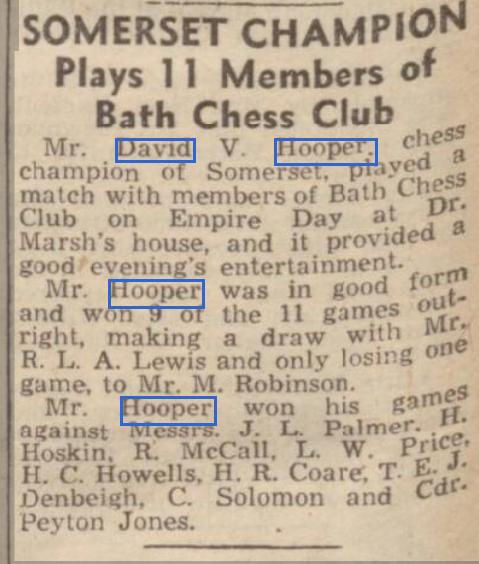
and from The Western Morning News, 9th April 1947 we have:
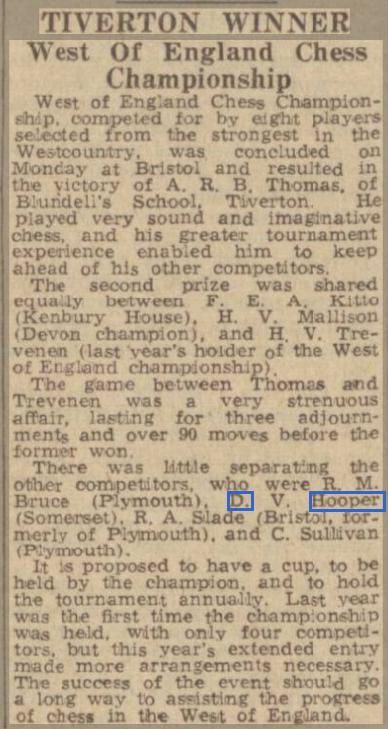
and then from The Nottingham Evening Post, 16th August 1949 we have:
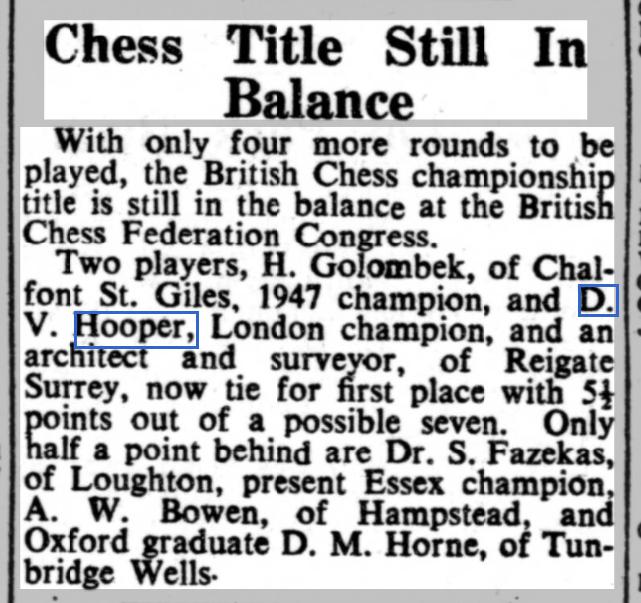
In 1950 aged 35 David married Joan M Higley (or Rose!) in the district of South Eastern Surrey.

Leonard Barden kindly provided us with these memories of David:
“He liked to drive very fast while keeping up a stream of talk with his passenger. I recall his transporting me to the 1950 British Championship in Buxton and feeling in a state of low-key terror the whole journey. When we reached a sign Buxton 30 I felt a great sense of relief that the ordeal was nearly over. Returning two weeks later, some miles down the road we passed Milner-Barry and Alexander in a small car, slowly and carefully driven by M-B whose head nearly reached the roof. As we swept by David gave a celebratory hoot.
I thought this was just me being unduly nervous, but years later Ken Whyld told me he felt the same as a Hooper passenger and that so did most others. David was actually very safe and I don’t think he ever had an accident.
David worked in Middle East for some years and was the chief architect for the construction of a new airport at Aden.
A Guide to Chess Endings was 90% written by David, with chapters then looked over by Euwe and his chess secretary Carel van den Berg. All David’s endgame books are lucidly written and it is a pity where they are not available in algebraic.
When The Unknown Capablanca was published I asked for and received from David an inscribed copy for Nigel Short‘s ninth birthday., which I presented to him personally at an EPSCA team event. Curious to know how it was received, I phoned Nigel’s father (David) a couple of days later and was informed “He’s already on to Capa’s European Tour” (which is I think about 100 pages into the book).” – Thanks Leonard!
Ken Whyld wrote an obituary which appeared in British Chess Magazine, Volume 118 (1998), Number 6, page 326 as follows :
DAVID VINCENT HOOPER died on 3rd May this year in a nursing home in Taunton. He had been in declining health for some months. Born in Reigate, 31st August 1915, his early chess years were with the Battersea CC and Surrey.

He won the (ed. Somerset) County Championship three times, and the London Championship in 1948. His generation was at its chess peak in the years when war curtailed opportunities, but he won the British Correspondence Championship in 1944.
His games from that event are to be found in Chess for Rank and File by Roche and Battersby.
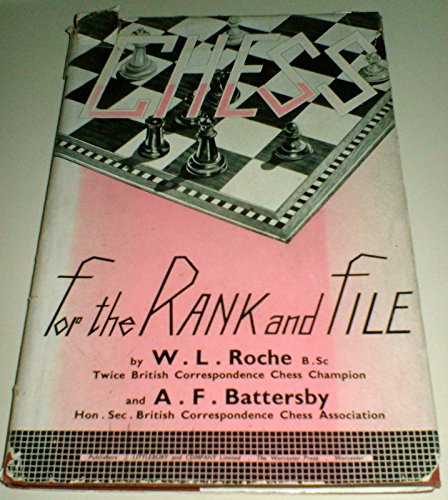
Also at that time, he won the 1944 tournament at Blackpool, defeating veteran Grandmaster Jacques Mieses.
David was most active in the decade that followed, playing five times in the British Championship.
His highest place there was at Nottingham 1954, when, after leading in the early stages, he finished half a point behind the joint champions, Leonard Barden and Alan Phillips.
David was in the British Olympic team at Helsinki 1952, and in the same year accidentally played top board for England in one of the then traditional weekend matches against the Netherlands. British Champion Klein took offence at a Sunday Times report of his draw with former World Champion Dr. Euwe on the Saturday and refused to play on Sunday. Thus David was drafted in to meet Euwe, and acquitted himself admirably. Even though he lost, the game took pride of place in that month’s
BCM.
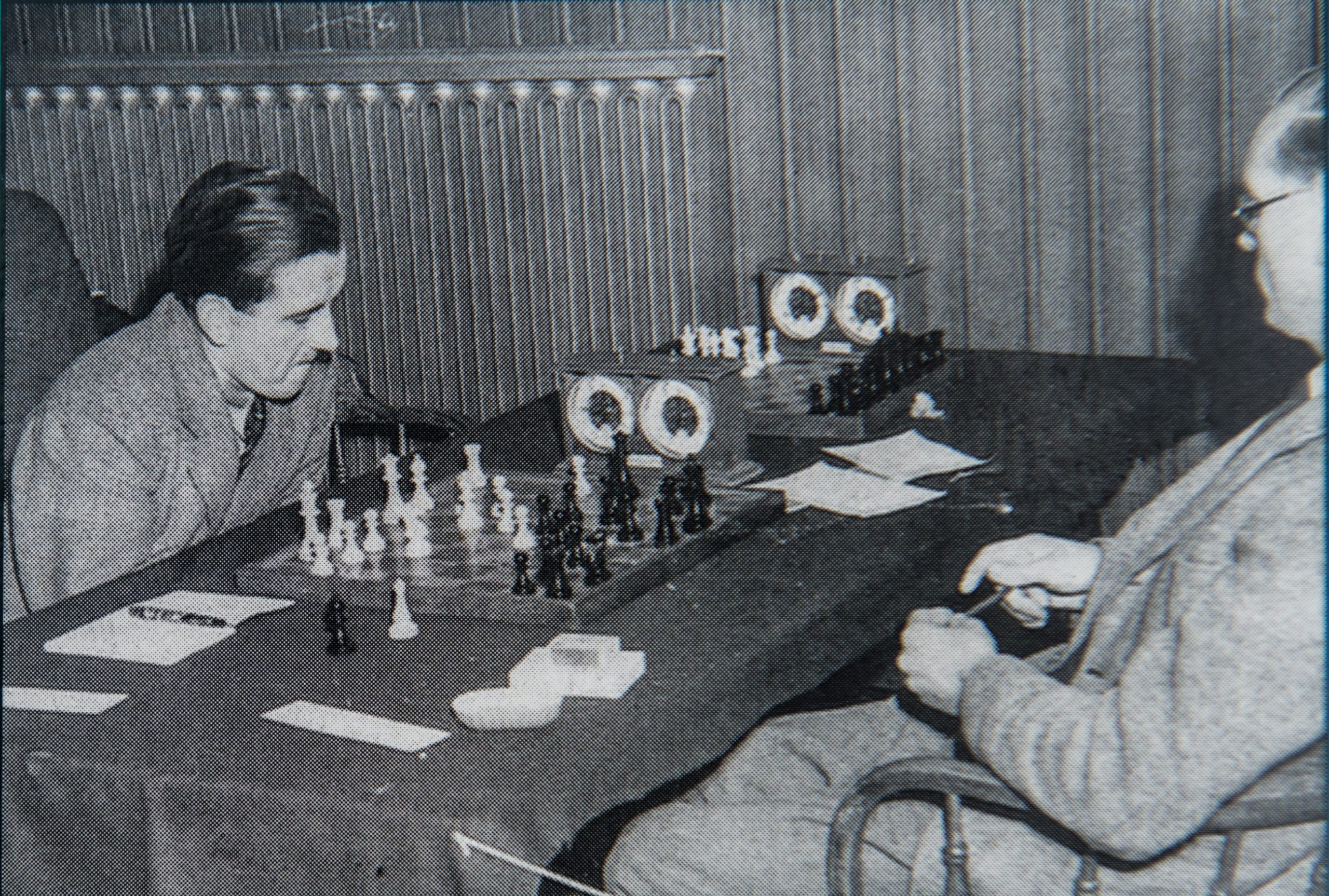
In the following game, played in the Hastings Premier l95l-2, he found an improvement on Botvinnik’s play against Bronstein in game 17 of their 1951 match, when 7.Ng3 was played because it was thought that after 7.Nf4 d5 it was necessary to play 8 Qb3.
In his profession as architect David worked in the Middle East for some years from the mid-1950s, and when he returned to England he made his mark as a writer. His Practical Chess Endgames
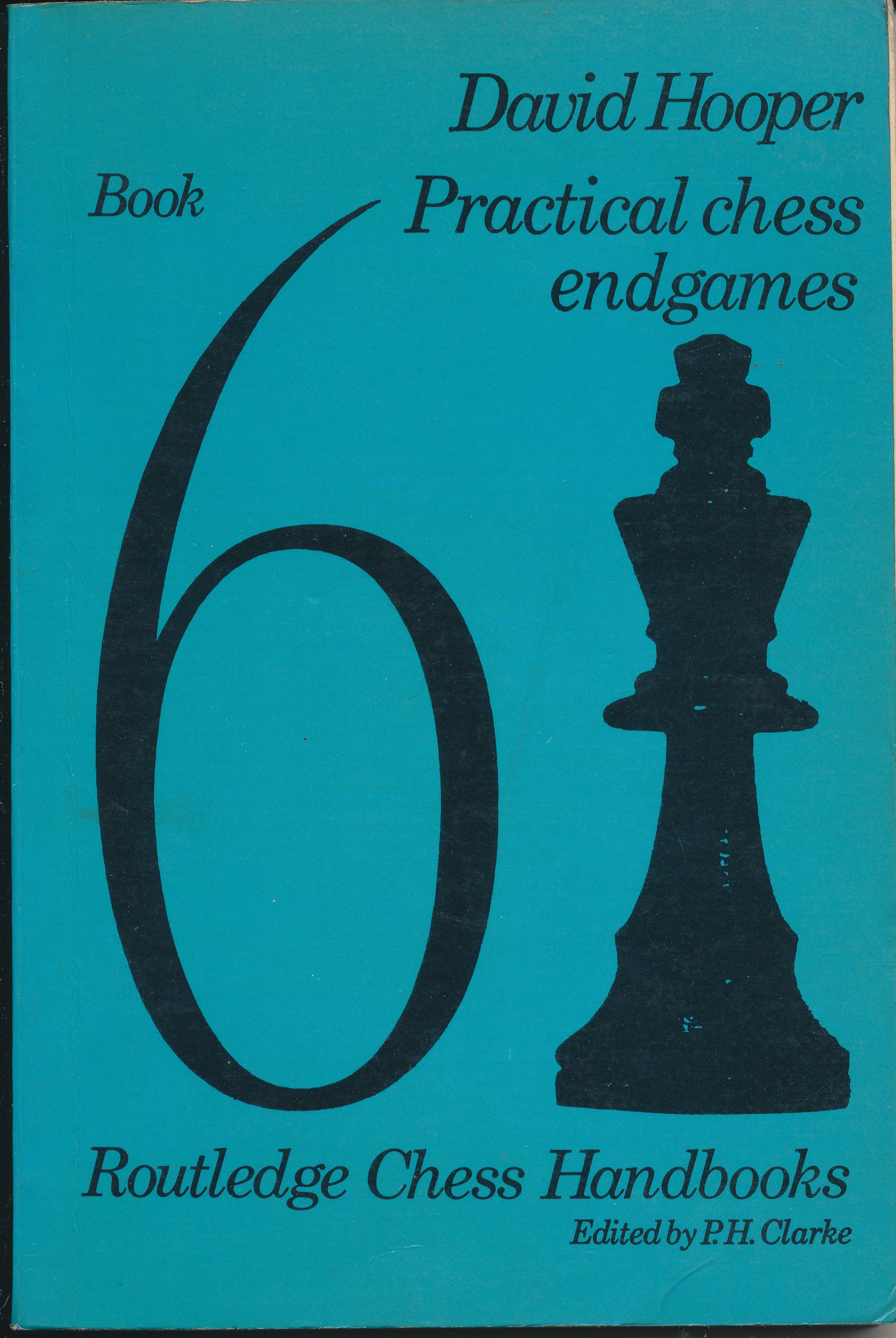
has an enduring appeal. Two of his books appeared in the Wildhagen biographical games series on Steinitz, and Capablanca. The last was written jointly with Gilchrist.
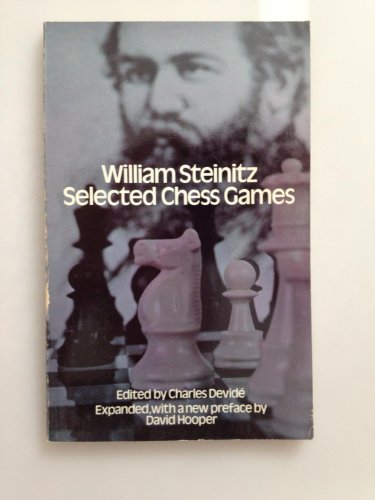
With Euwe he wrote A Guide to Chess Endings;
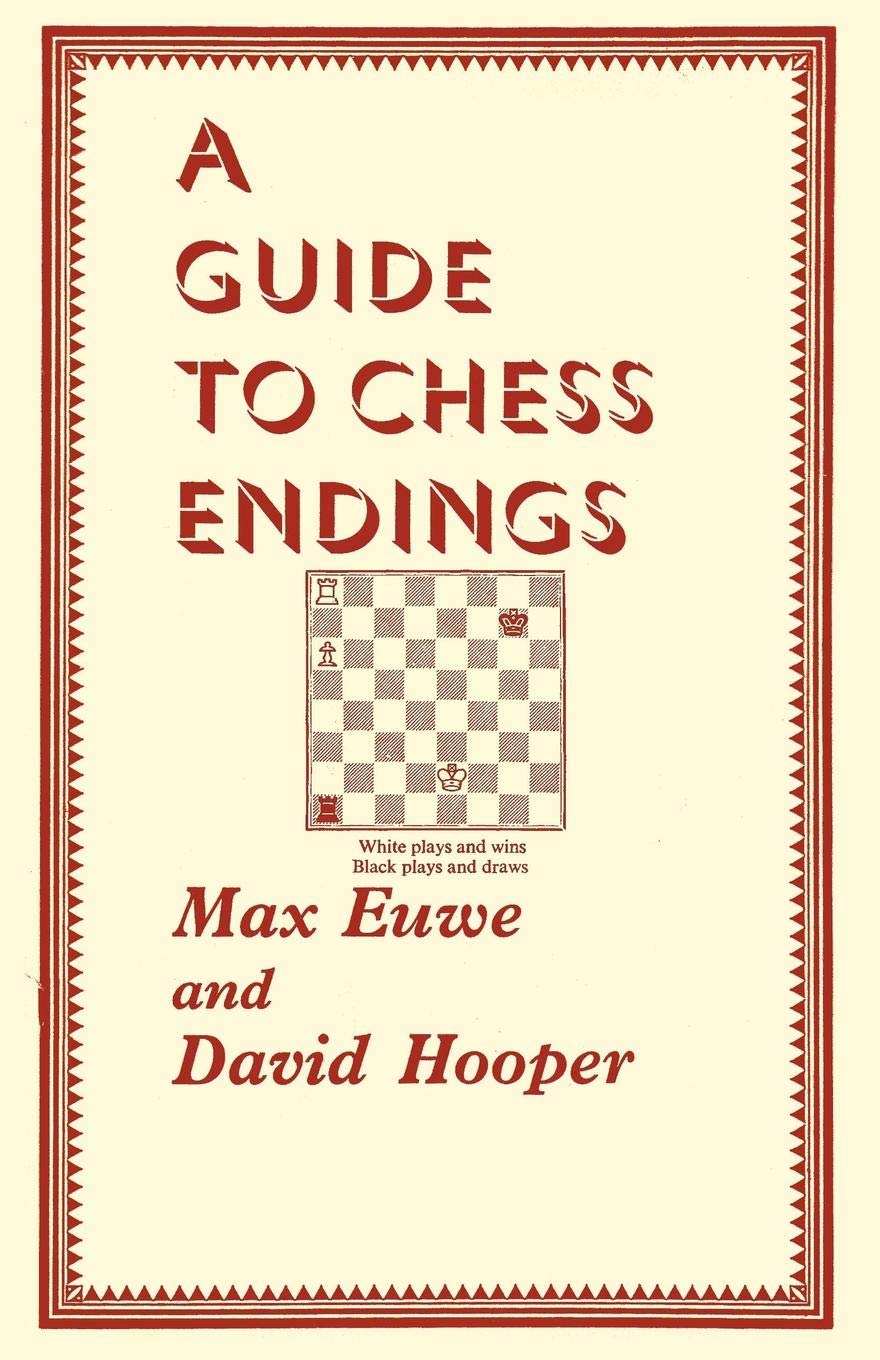
with Cafferty, A Complete Defence to 1.e4;
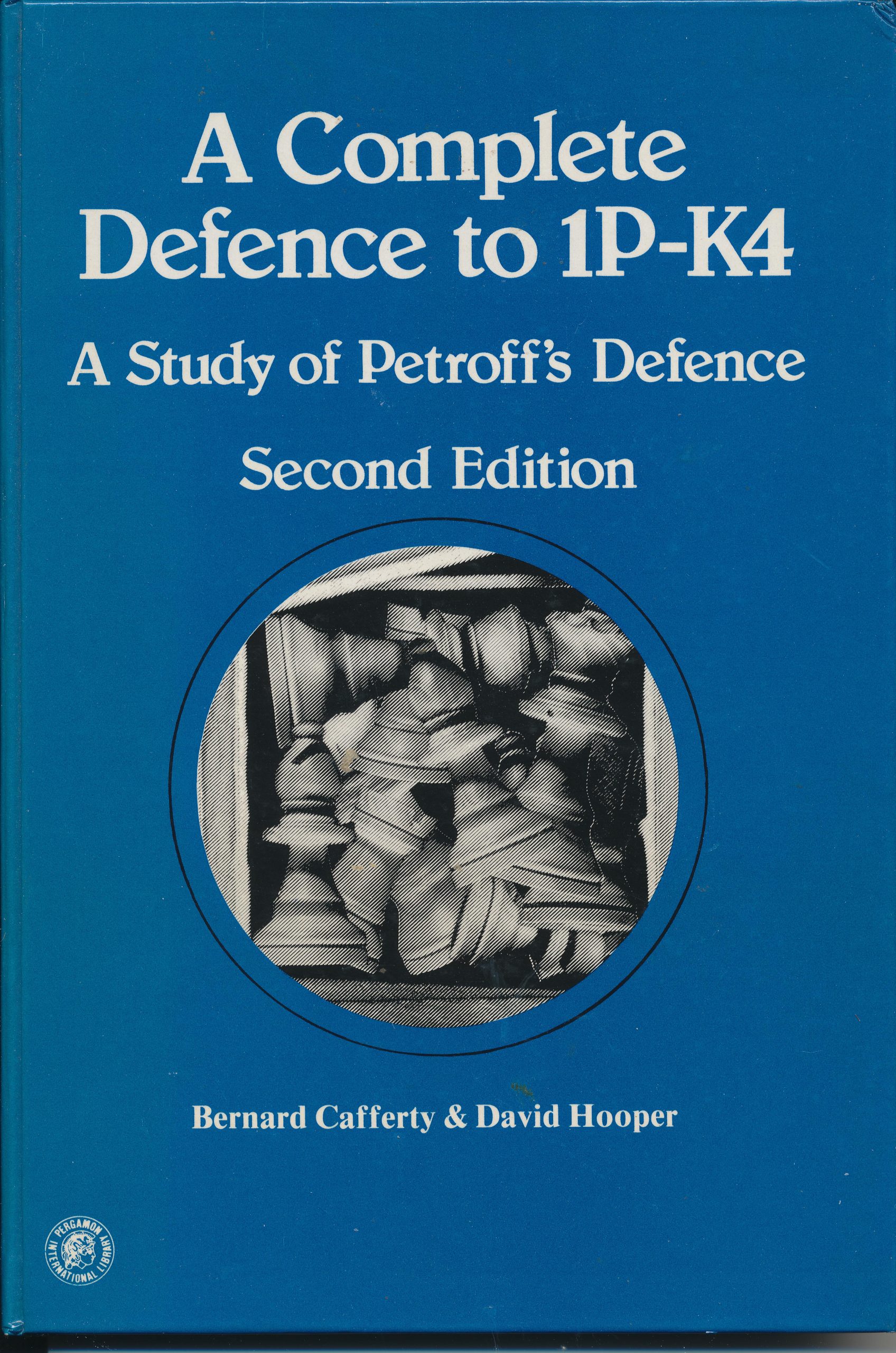
A Pocket Guide to Chess Endgames;
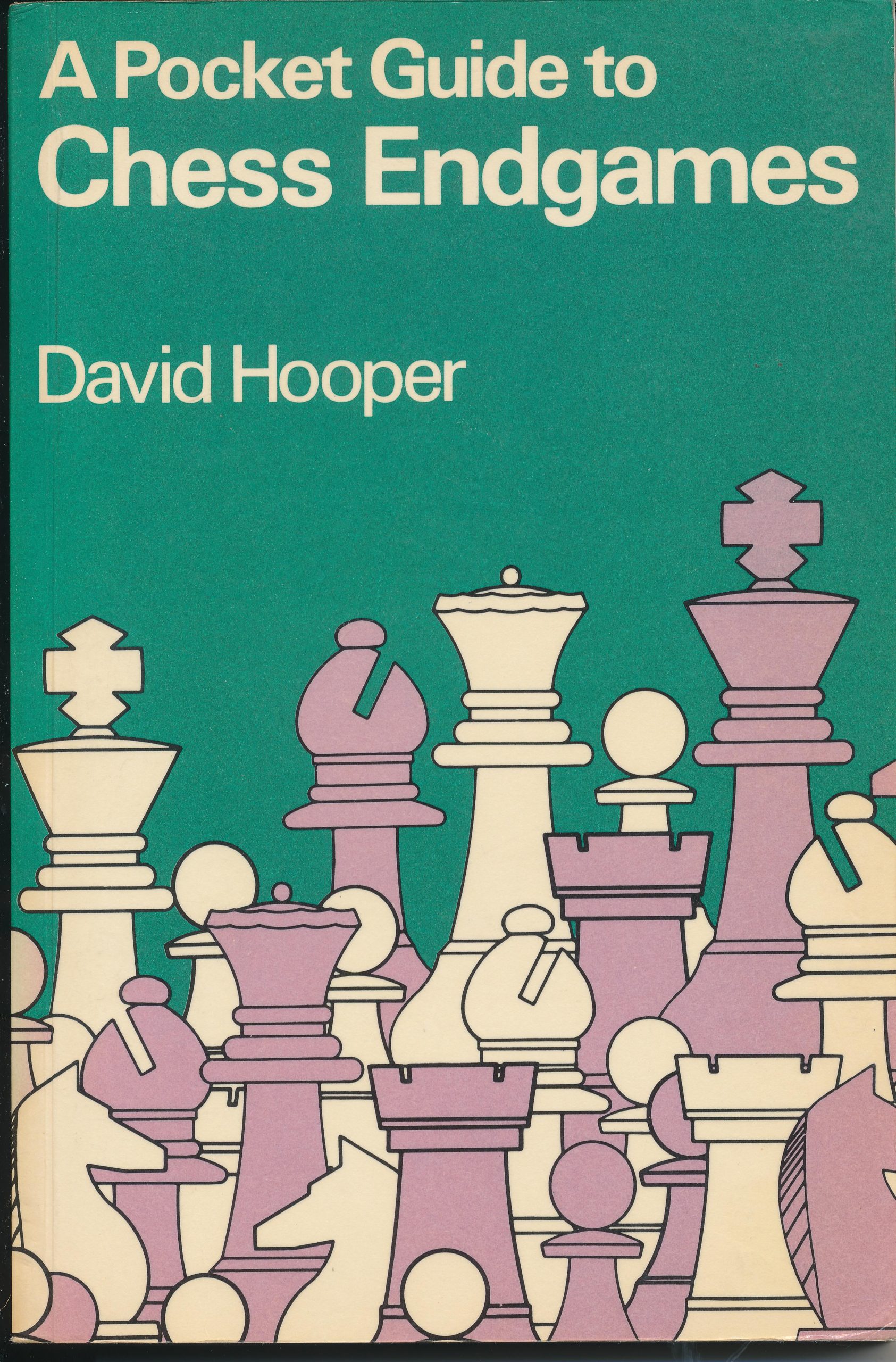
A Complete Defence to 1.d4;
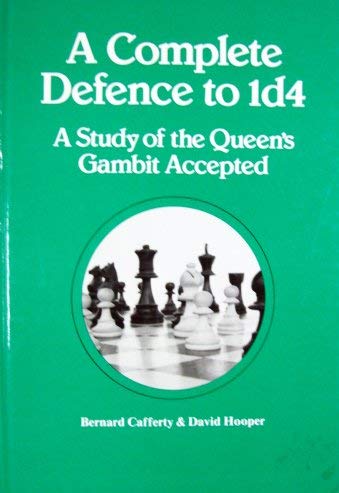
and Play for Mate;
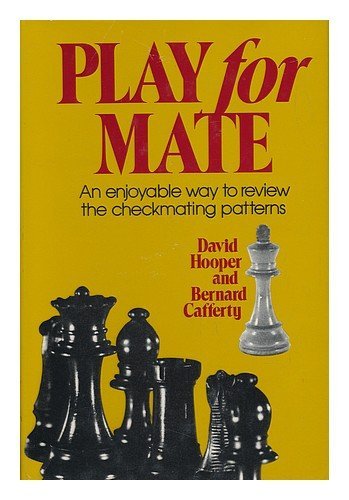
with Brandreth The Unknown Capablanca,
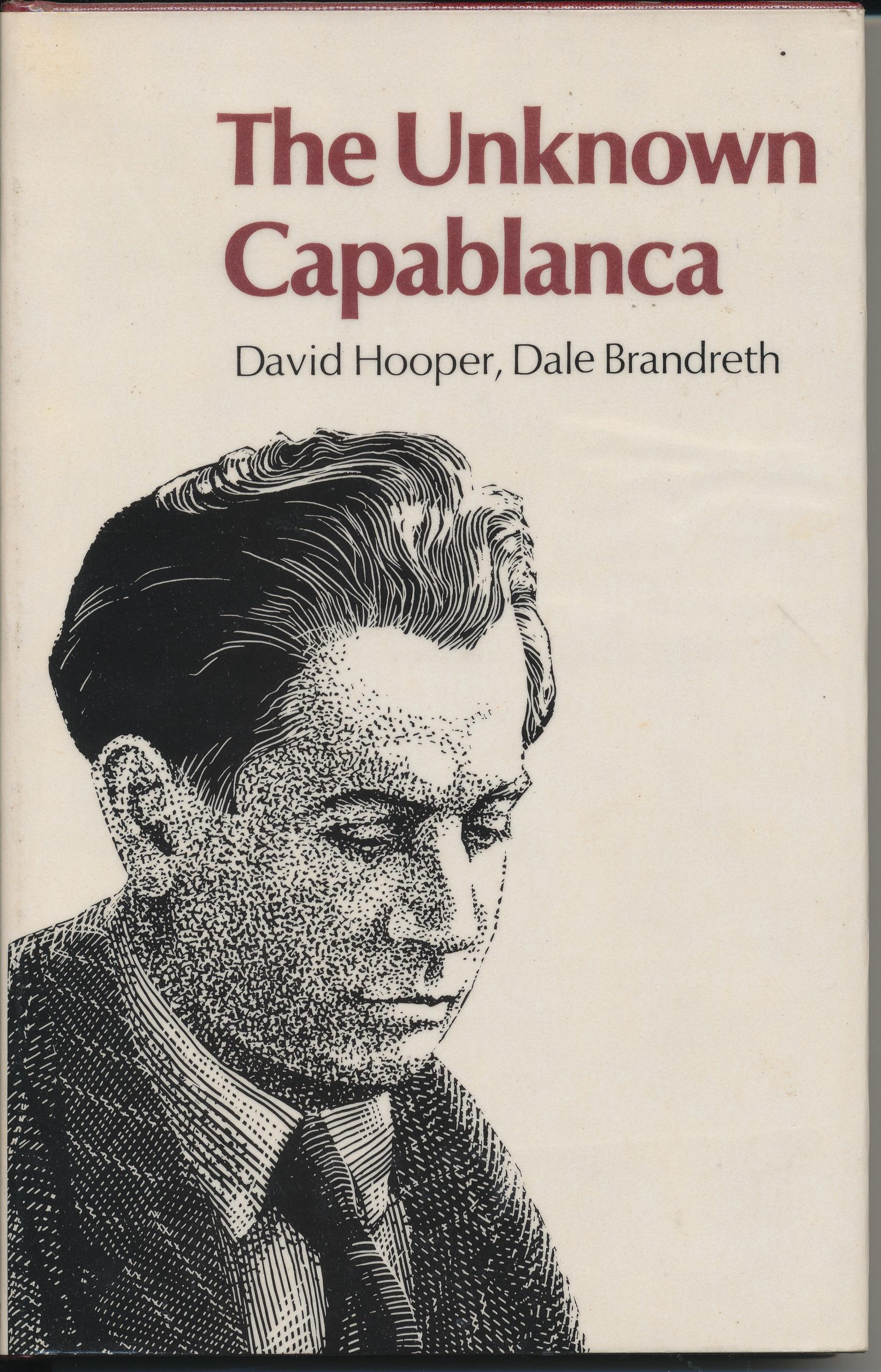
and with Ken Whyld, The Oxford Companion to Chess.
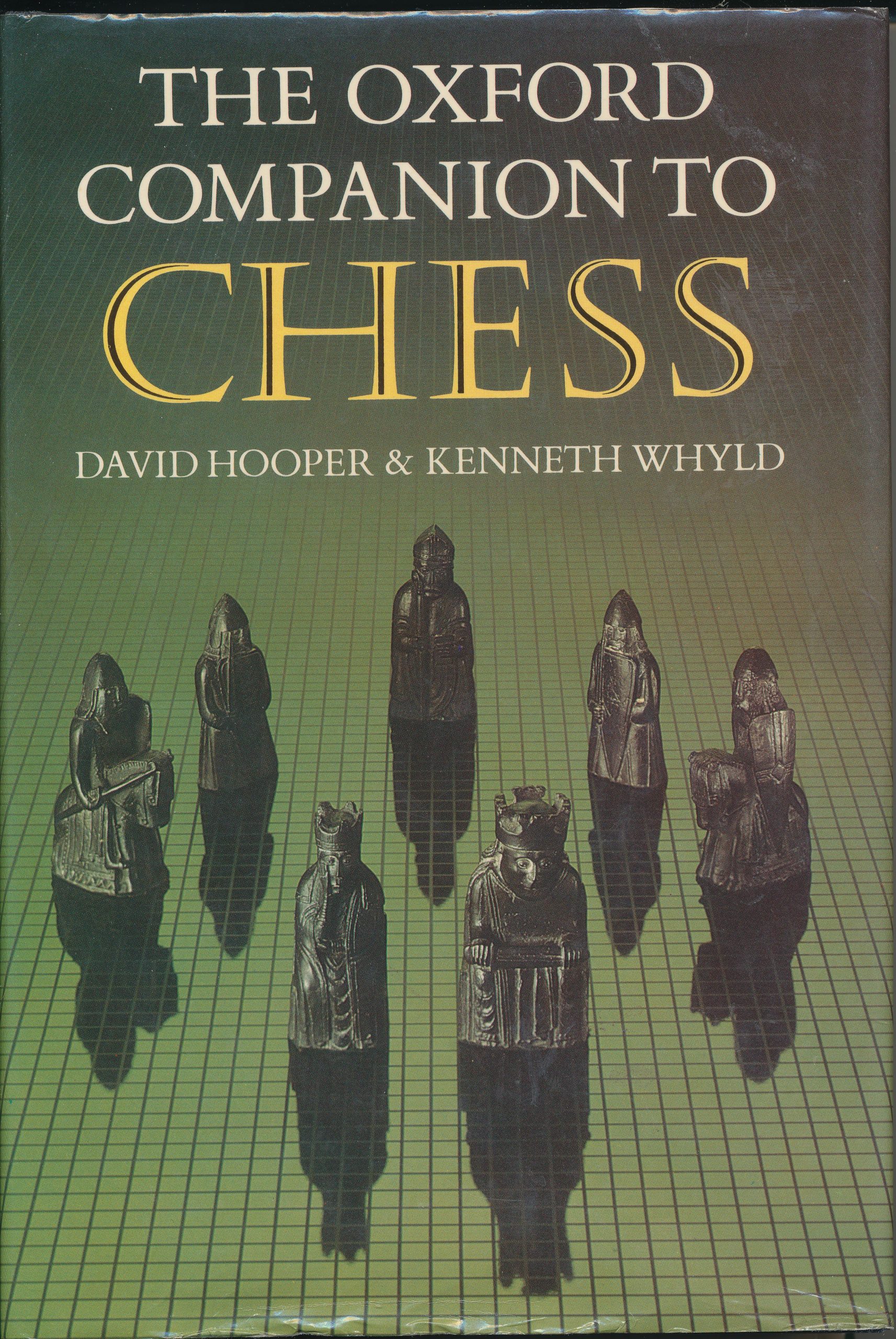
Ken Whyld
From The Encyclopaedia of Chess by Harry Golombek :
British amateur (an architect by profession) whose best result was =5 in the British Championship at Felixstowe 1949 along with, amongst others, Broadbent and Fairhurst.
Hooper abandoned playing for writing about chess and has become a specialist in two distinct areas. He is an expert on the endings and has a close knowledge of the history of chess in the nineteenth century.
His principal works : Steinitz (in German), Hamburg, 1968; A Pocket Guide to Chess Endgames, London 1970.
Here is an interesting article from Edward Winter
Here is his brief Wikipedia entry.
BCN remembers Norman Littlewood (31-i-1933 29-iv-1989)
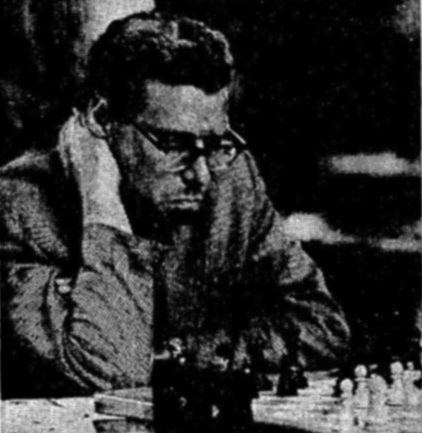
From British Chess Magazine, Volume 109, June (#6), page 265 we have the following obituary which appears to have been lifted and used in the BCF Yearbook from 1989 – 1990, page 14, (editor Brian Concannon) with no acknowledgement :
“We were sorry to (announce the) hear of the death from cancer of Norman Littlewood of Sheffield(31 i 1933 – 29 iv 1989) who played with great force in British Championships of the 1960s.
Born into a working class family of 11 children, Norman played for England in the 1951 Glorney Cup, but did not make his debut in the British Championships until 1963 when he finished second to Penrose. He was then joint runner-up in the next three title contests, impressed at Hastings Premiers, particularly 1963-4 when he was the best of the English players, and represented England in the 1964 and 1966 Olympiads. By 1969, however, he was drifting away from play in the direction of problem and study composition, and his other interests such as bridge. He was also a skilled pianist, a true all-rounder.
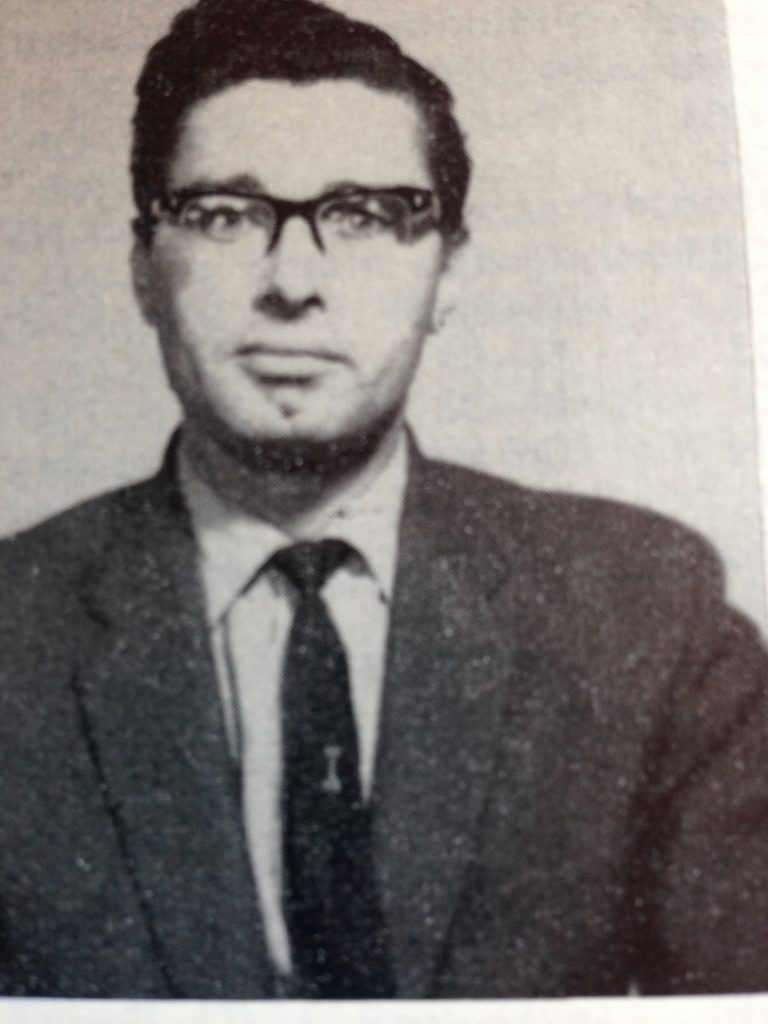
A great impression was made on the top players at the 1964 British Championships when Norman won his first four games with his dynamic style. His victims included both Golombek and Clarke. Had he won his next game against Haygarth, as he deserved to do, he would have surely taken the title which fell to his Yorkshire colleague.
Norman was always a modest but assertive character, and with more management might well have challenged Penrose even more closely than he did. Our thanks to elder brother John Littlewood for some of the above information.”

Here is a splendid article from Yorkshire Chess History
See BCF Yearbook 1989-90, page 14.
BCN Remembers Michael John Haygarth (11-x-1934 27-iv-2016)
Here is an article from Yorkshire Chess History
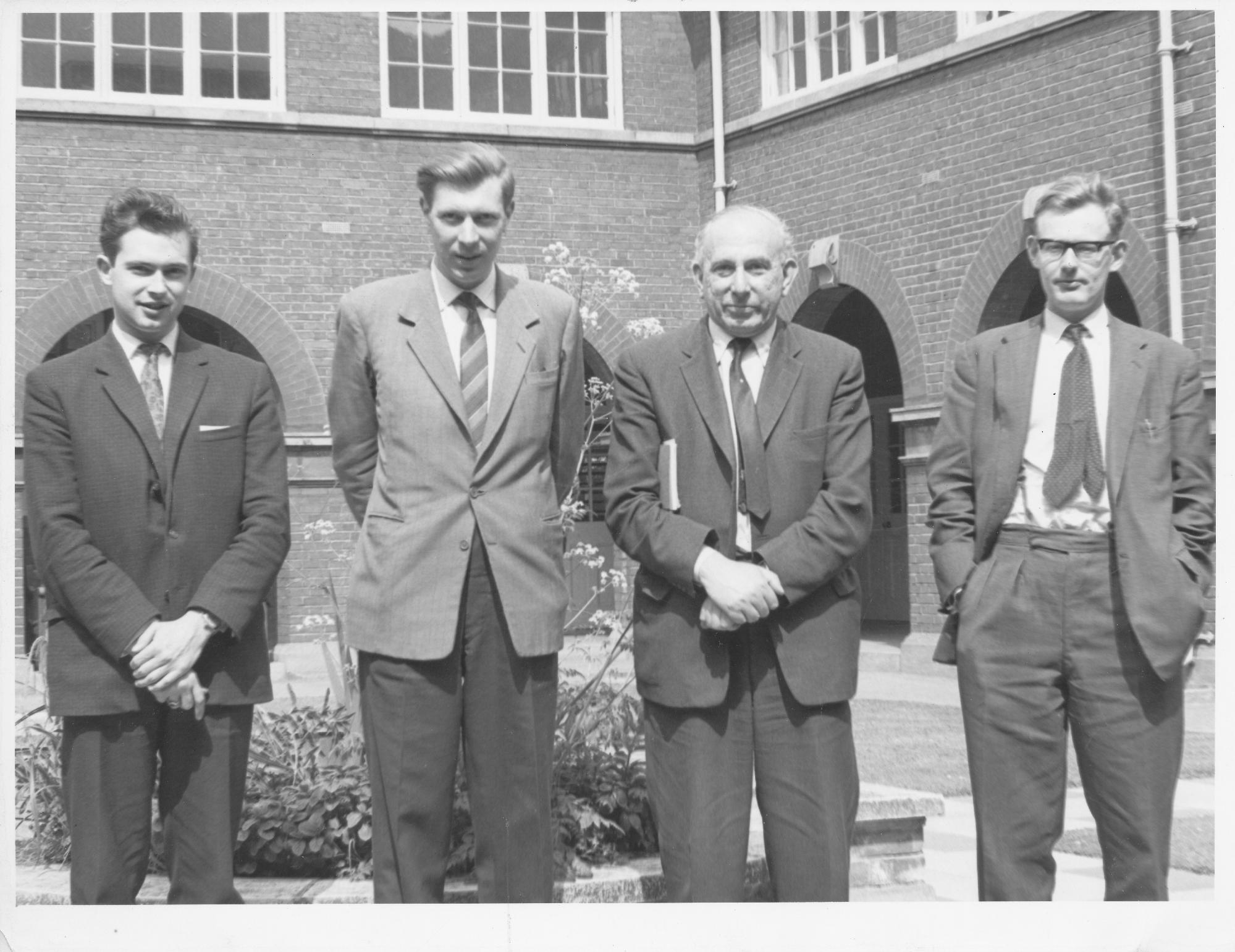
Here is an obituary written by Steve Mann which was published on the ECF web site.

BCN Remembers George Walker (13-iii-1803 23-iv-1879)
From The Encyclopedia of Chess by Anne Sunnucks :
“Leading organiser and chess columnist in the last century. Born on 13th March 1803. Founded the Westminster Chess Club in 1831. Published New Treatise on Chess in 1832 and Chess and Chess Players in 1850. Edited the chess column in Bell’s Life of London from 1835 to 1870. Died on 23rd April 1879.
From The Oxford Companion to Chess by Hooper & Whyld :
“English chess writer and propagandist. Born over his father’s bookshop in London he later became a music publisher in partnership with his father. At a time when he was receiving odds of a rook from Lewis he had the temerity to edit a chess column in the Lancet (1823-4); the first such column to appear in a periodical, it was, perhaps fortunately, short-lived. He tried his hand at composing problems, with unmemorable results; but his play improved. In the early 1830s he was receiving odds of pawn and move from McDonnell, after whose death (1835) Walker was, for a few years, London’s strongest active player.
Walker’s importance, however, lies in the many other contributions he made to the game. He founded chess clubs, notably the Westminster at Huttman’s in 1831 and the St George’s at Hanover
Square in 1843. From 1835 to 1873 he edited a column in Bell’s Life , a popular Sunday paper featuring sport and scandal. Many of his contributions were perfunctory, but on occasion he wrote at length of news, gossip, and personalities in a rollicking style suitable for such a paper. As with many of his writings he was more enthusiastic than accurate. He edited England’s first chess magazine The Philidorian (1837-8). Above all, Walker published many books at a low price: they sold widely and did much to popularize the game. The third edition of his New Treatise (1841) was as useful a manual as could he bought at the time and its section on the Evans gambit was praised by Jaenisch, Walker established the custom of recording games, and his Chess Studies (1844), containing 1,020 games played from 1780 to 1844, has become a classic. For the first time players could study the game as it was played and not as authors, each with his own bias, supposed it should be played. Throughout his life Walker helped chess-players in need. He raised funds for La Bqurdonnais, Capt. W. D. Evans, and other players, and often for their destitute widows.
After his father died (1847) Walker sold their business and became a stockbroker, reducing his chess activities but continuing ‘his many kindnesses. With an outgoing personality he enjoyed the company of those, such as La Bourdonnais, whom he called “jolly good fellows’, an epithet which might well be applied to himself. He was occasionally at odds with Lewis, who was jealous of his own reputation, and Staunton, imperious and touchy; but it seems unlikely that the easy-going Walker, who believed that chess should be enjoyed, intentionally initiated these disputes. He left a small but excellent library of more than 300 books and his own manuscript translations of the works of Cozio, Lolli, and other masters. He should not be confused with William Greenwood Walker who recorded the games of the Bourdon-nais-McDonnell matches 1834, and died soon afterwards “full of years’.
Walker is buried at Kensal Green Cemetery, also known as All Souls Cemetery, Harrow Road, Kensal Green, London Borough of Brent, Greater London, W10 4RA England.
The Walker Attack is a variation of the Allagier Gambit :
Here is his Wikipedia entry
BCN remembers IM Colin Crouch (14-x-1956 16-iv-2015)
From Chessgames.com :
“Colin Stamford Crouch was born in Bushey, England. He was an International Master, and the author of a number of chess books.”
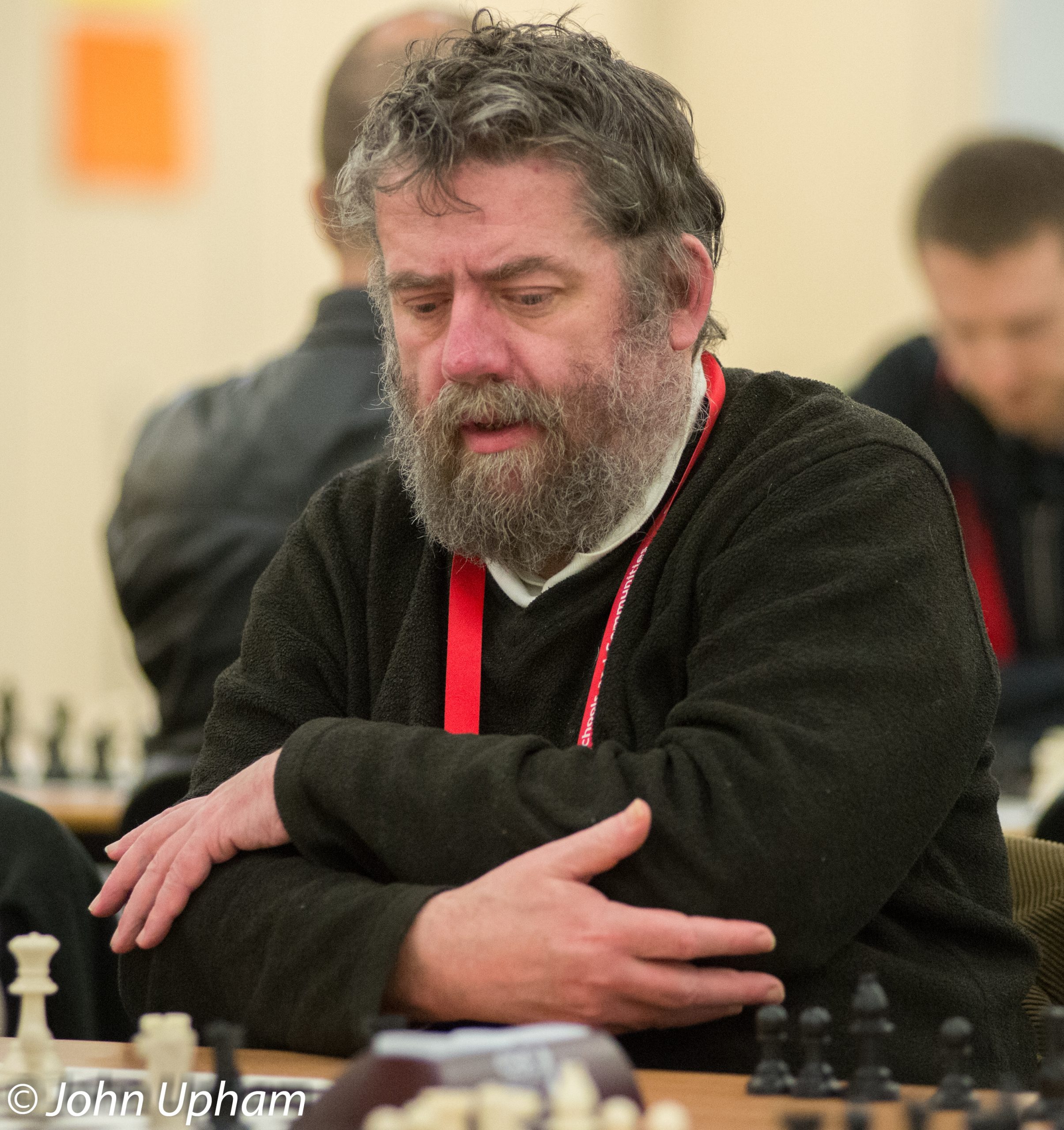
Here is an obituary from the ECF written by Stewart Reueben
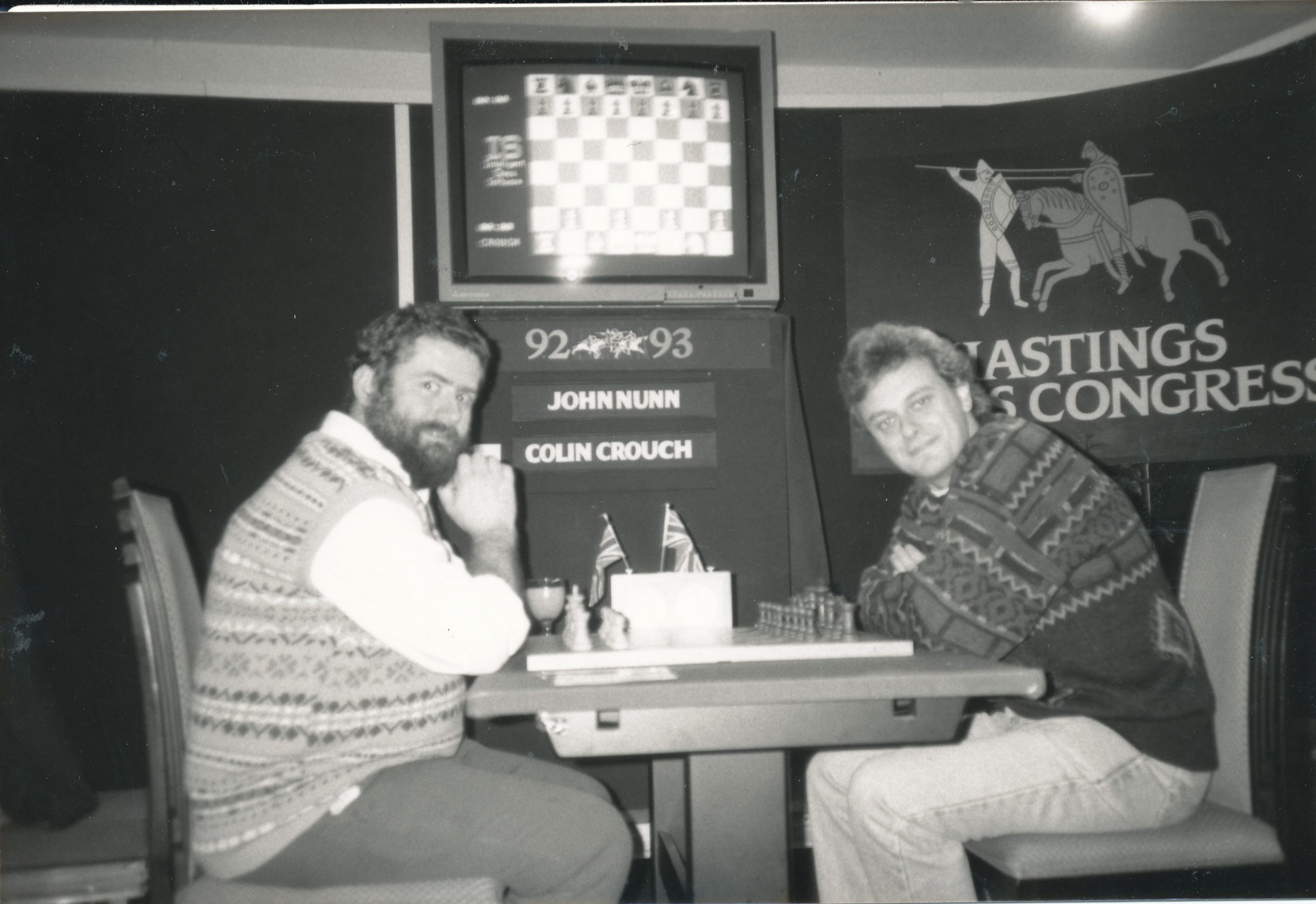
An obituary from Kingpin Magazine
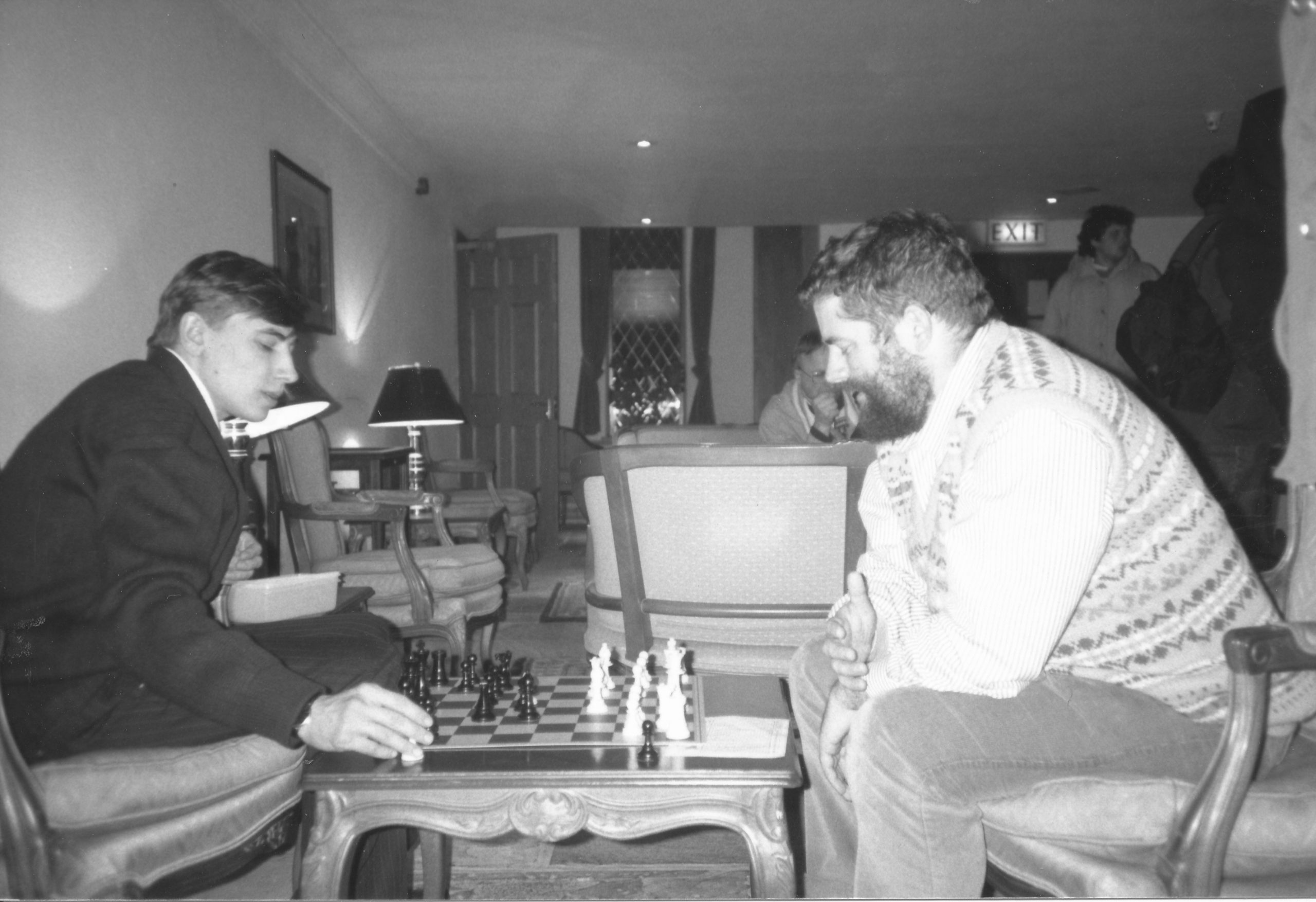
An obituary from The Telegraph written by Malcolm Pein
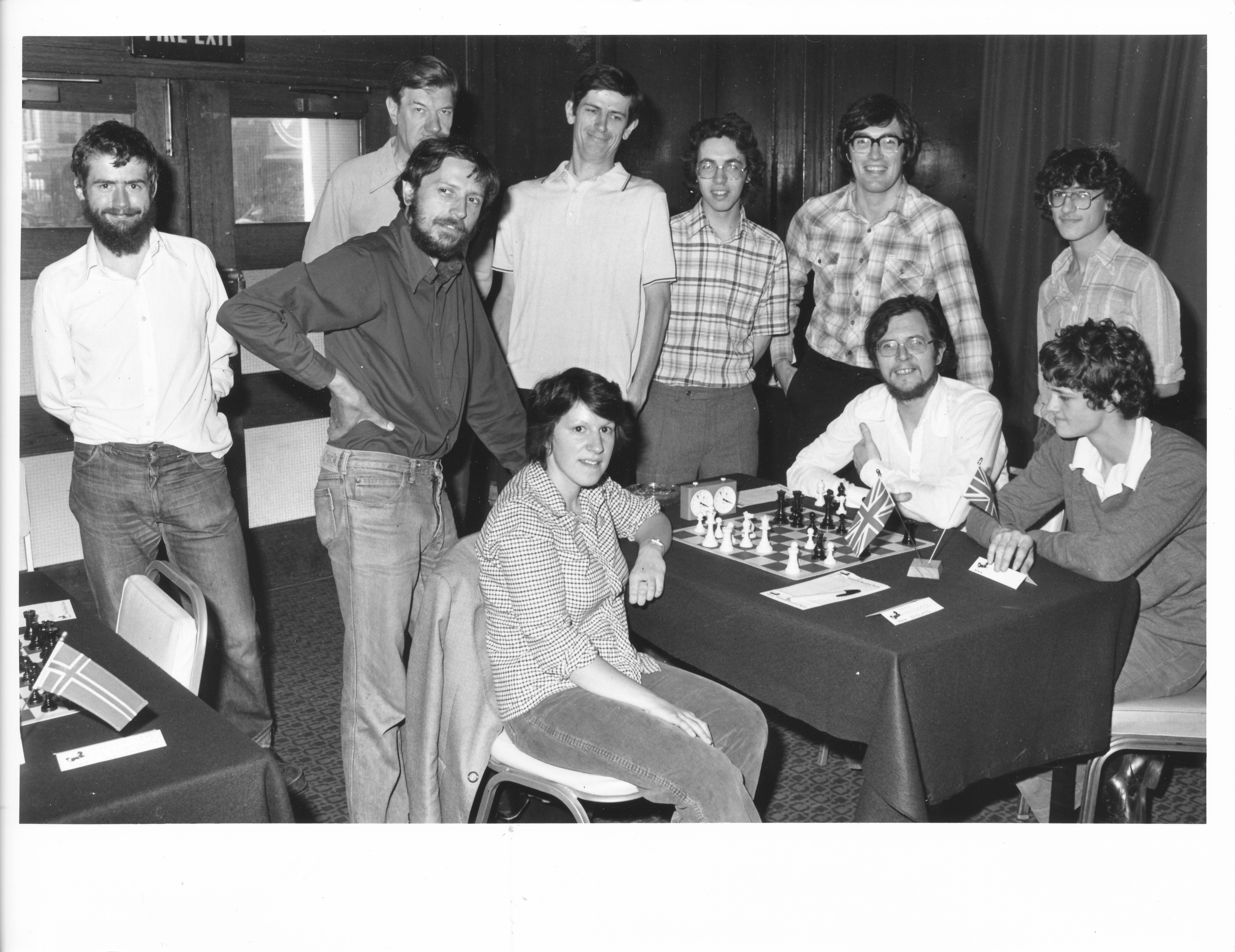
Colin was Southern Counties (SCCU) champion in the 2000-01 season sharing the title with Jeff Goldberg.
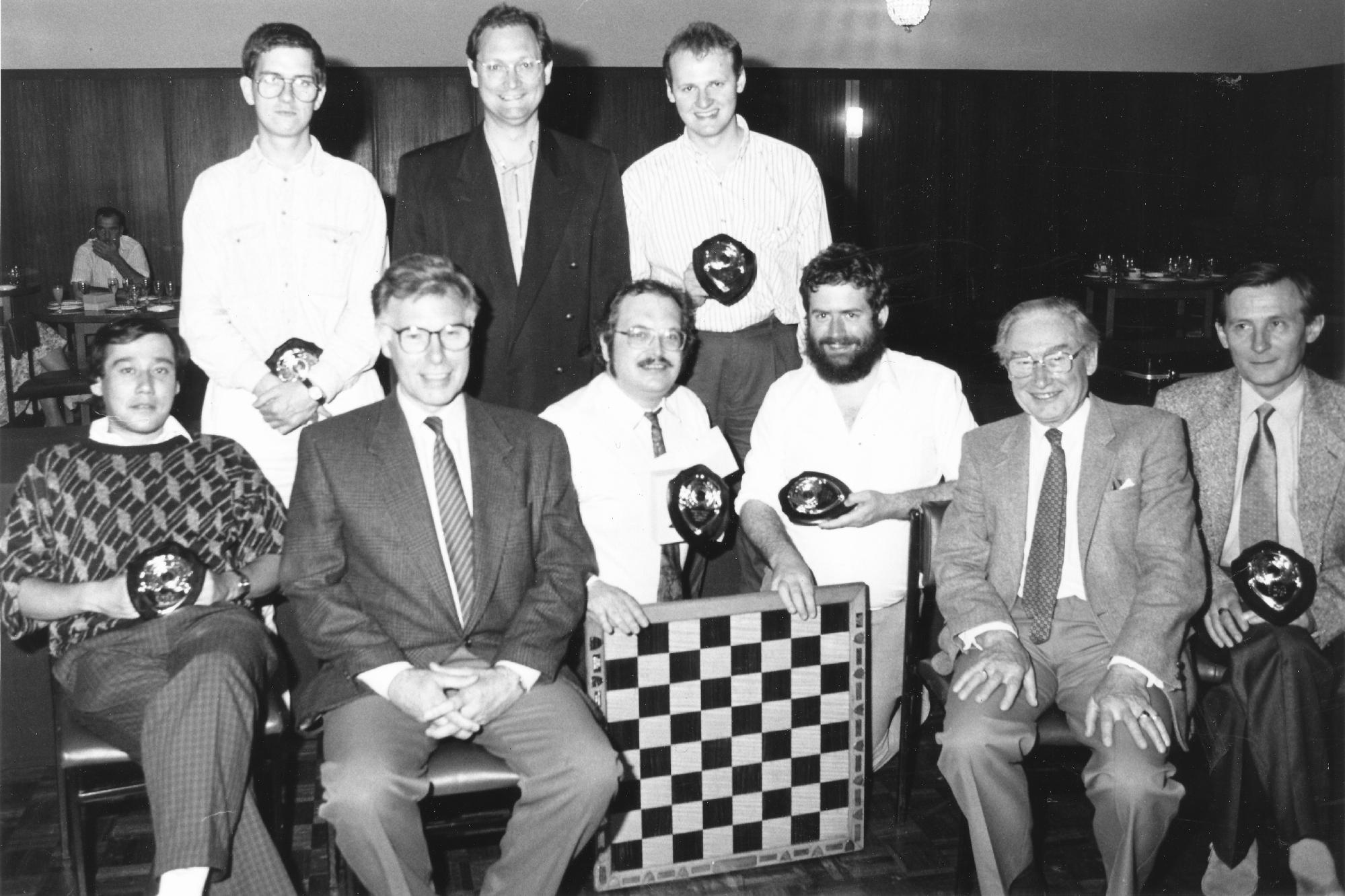
An obituary from The Guardian by David Crouch
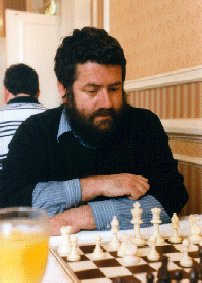
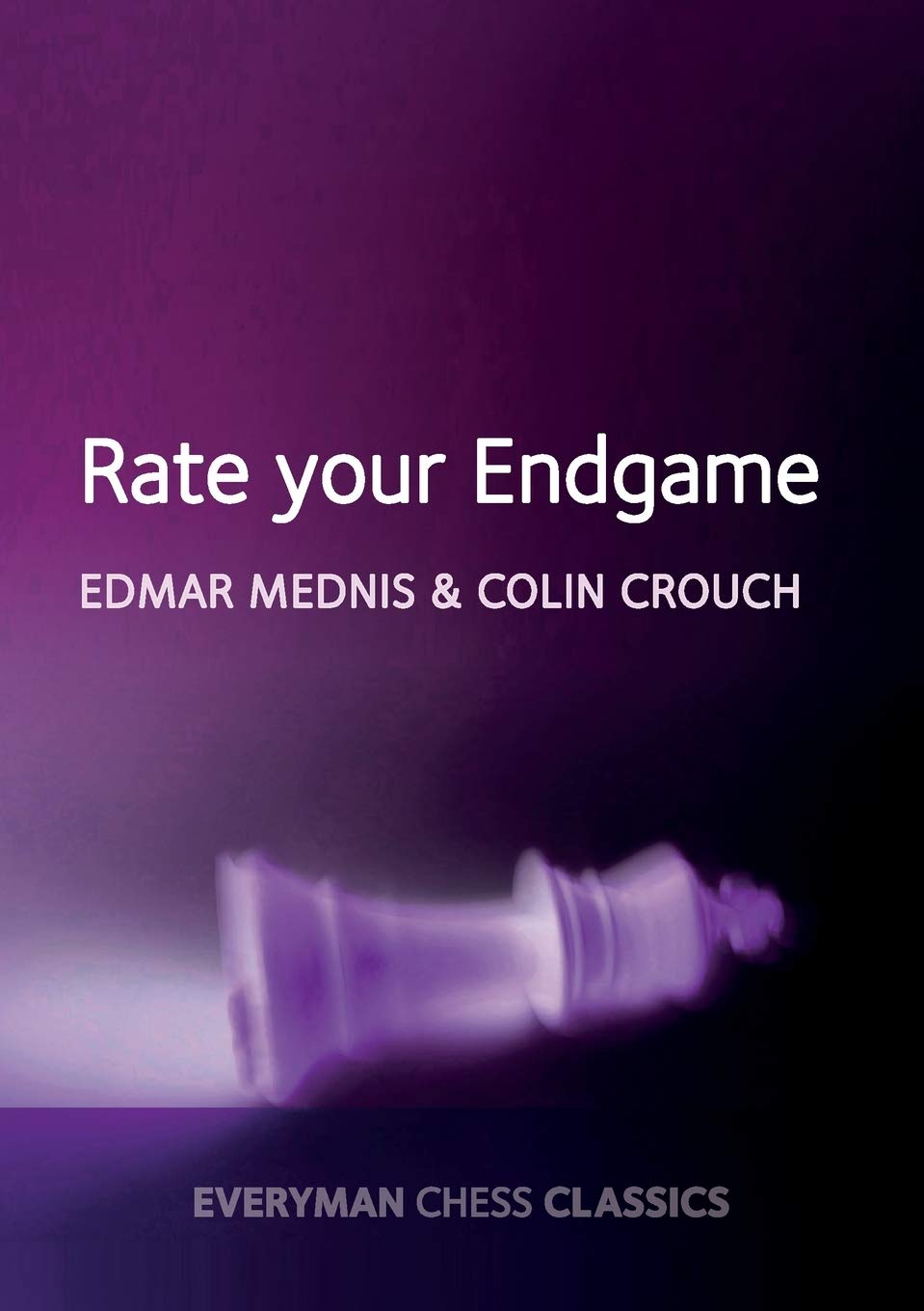
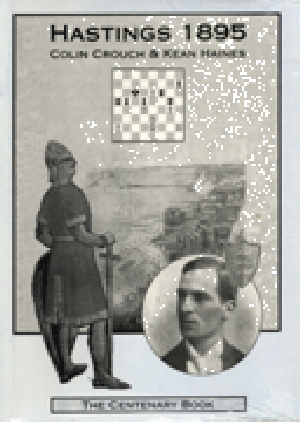
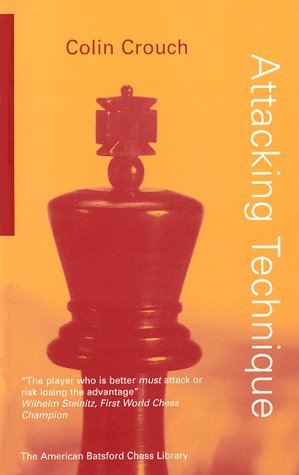
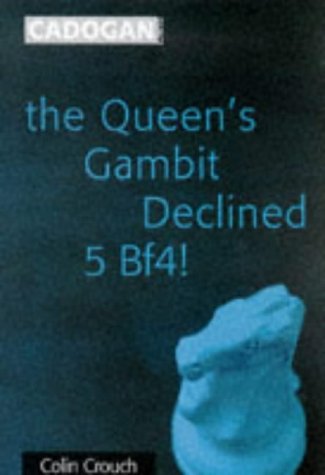
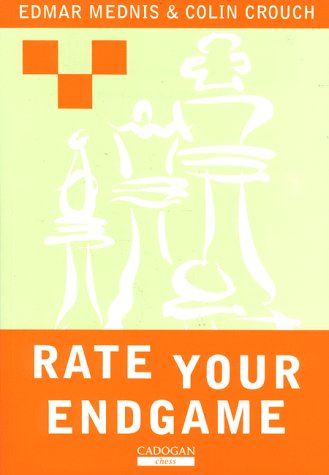
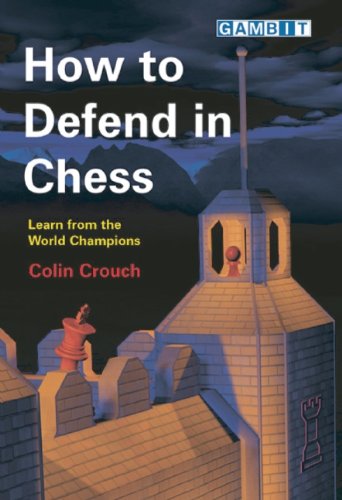
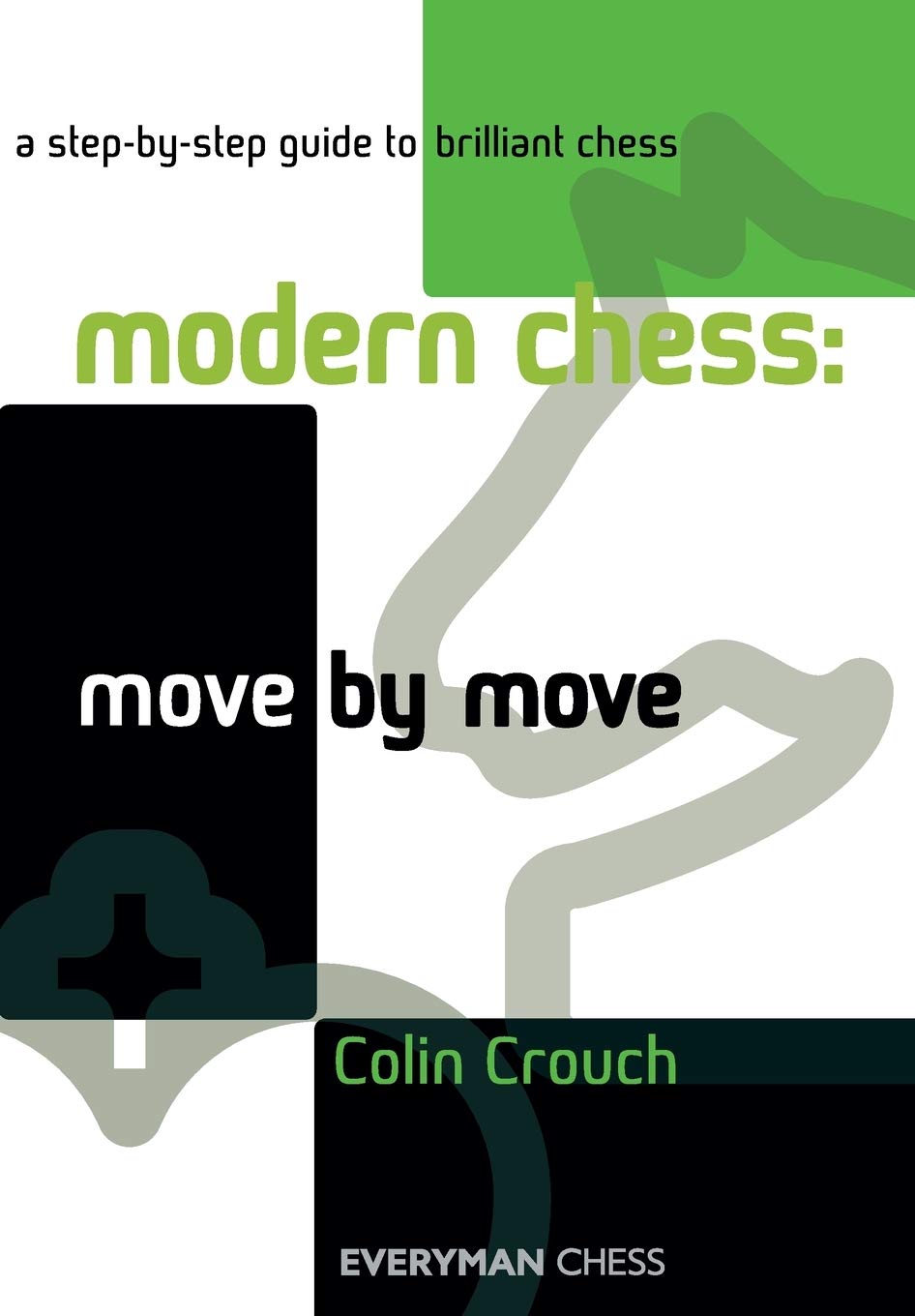
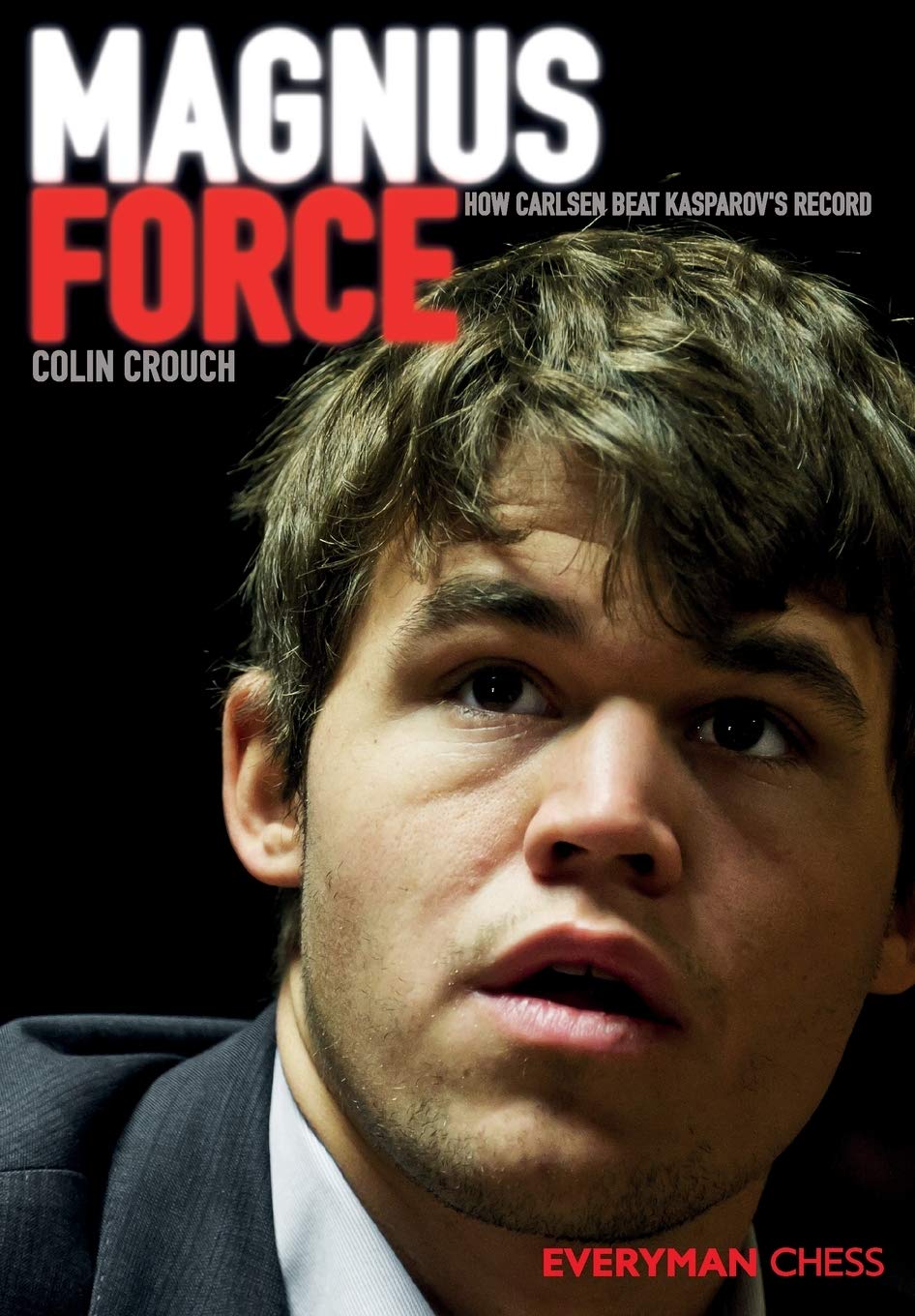
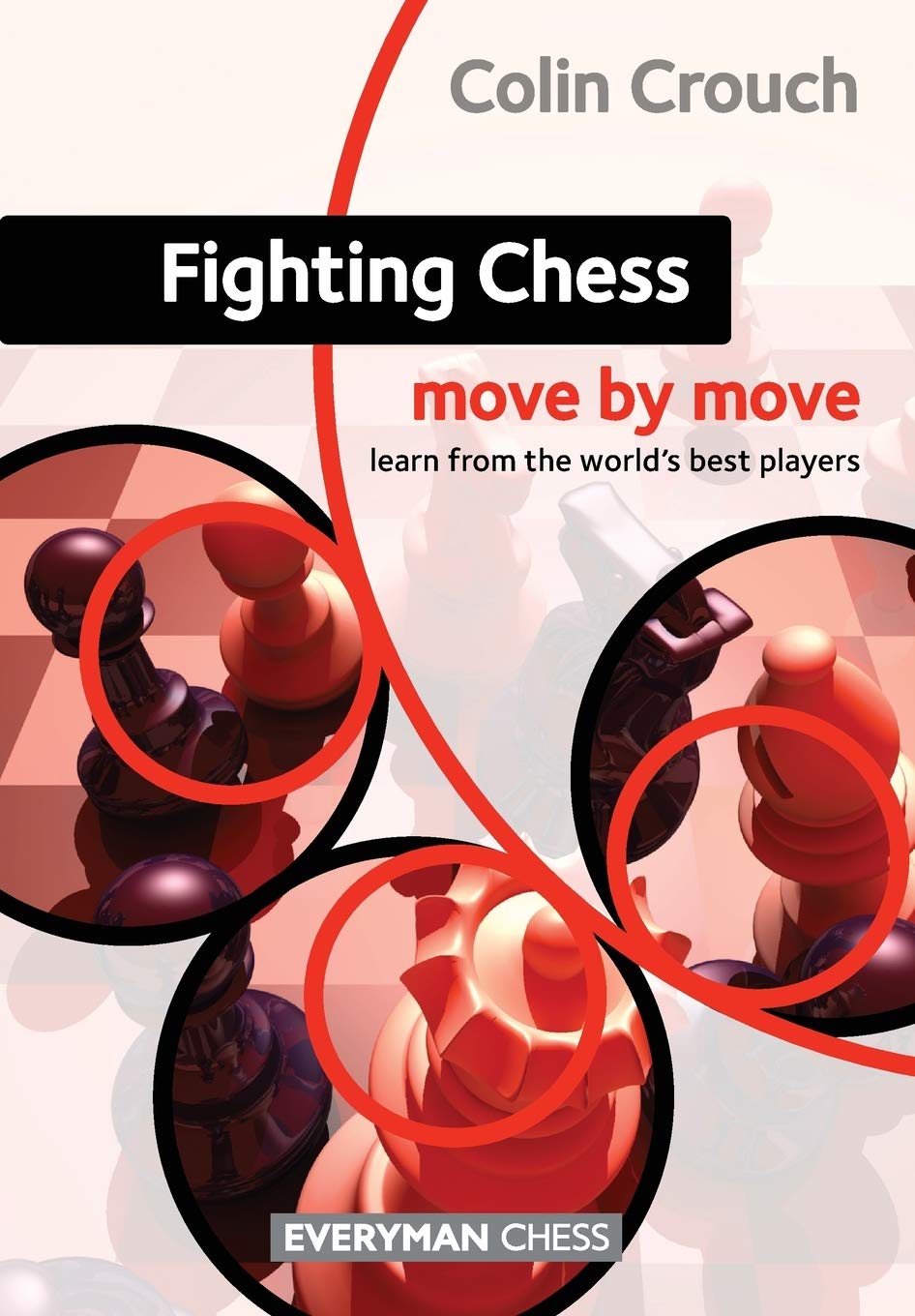
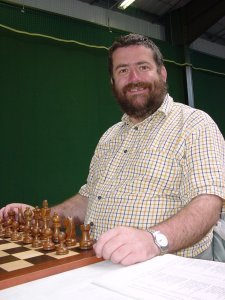
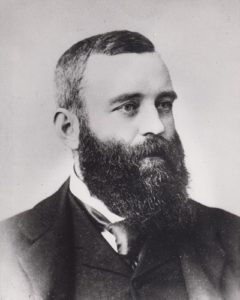
BCN remembers Herbert William Trenchard (08-ix-1857 15-iv-1934)
From Wikipedia :
“Herbert William Trenchard (8 September 1857, Thorncombe – 15 April 1934, London) was an English chess master.
He took 11th and tied for 4-5th in London in 1886, shared twice 3rd at Cambridge 1890 and Oxford 1891, tied for 4-5th at Brighton 1892, took 2nd at London 1892 (B tourn), tied for 3rd-4th at Woolhall Spa 1893, and took 3rd at London 1896,[1]
He also participated at Vienna 1898 (Kaiser-Jubiläumsturnier, Siegbert Tarrasch and Harry Pillsbury won) and took 19th place there.[2][3]”
Here is a fascinating article about the National Liberal Club Chess Circle
